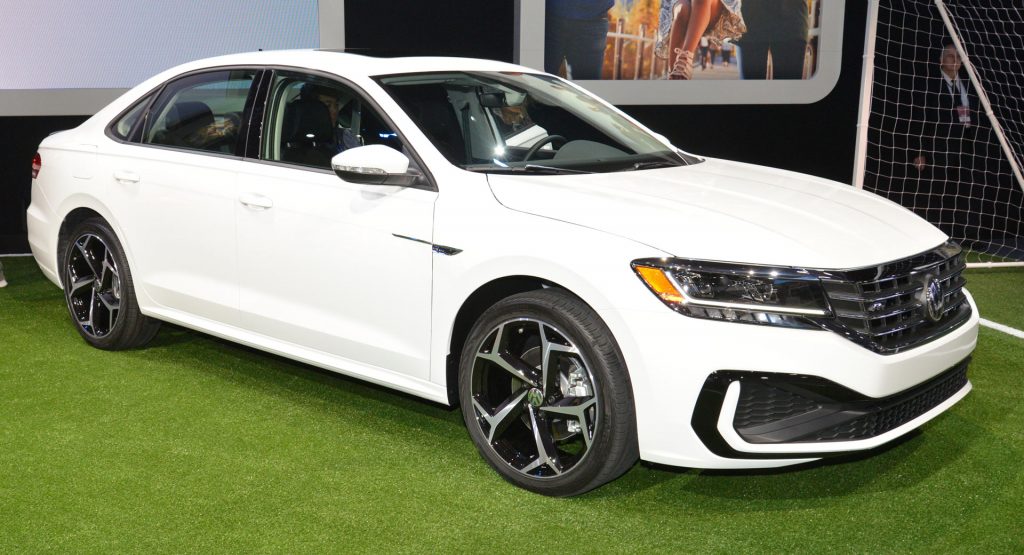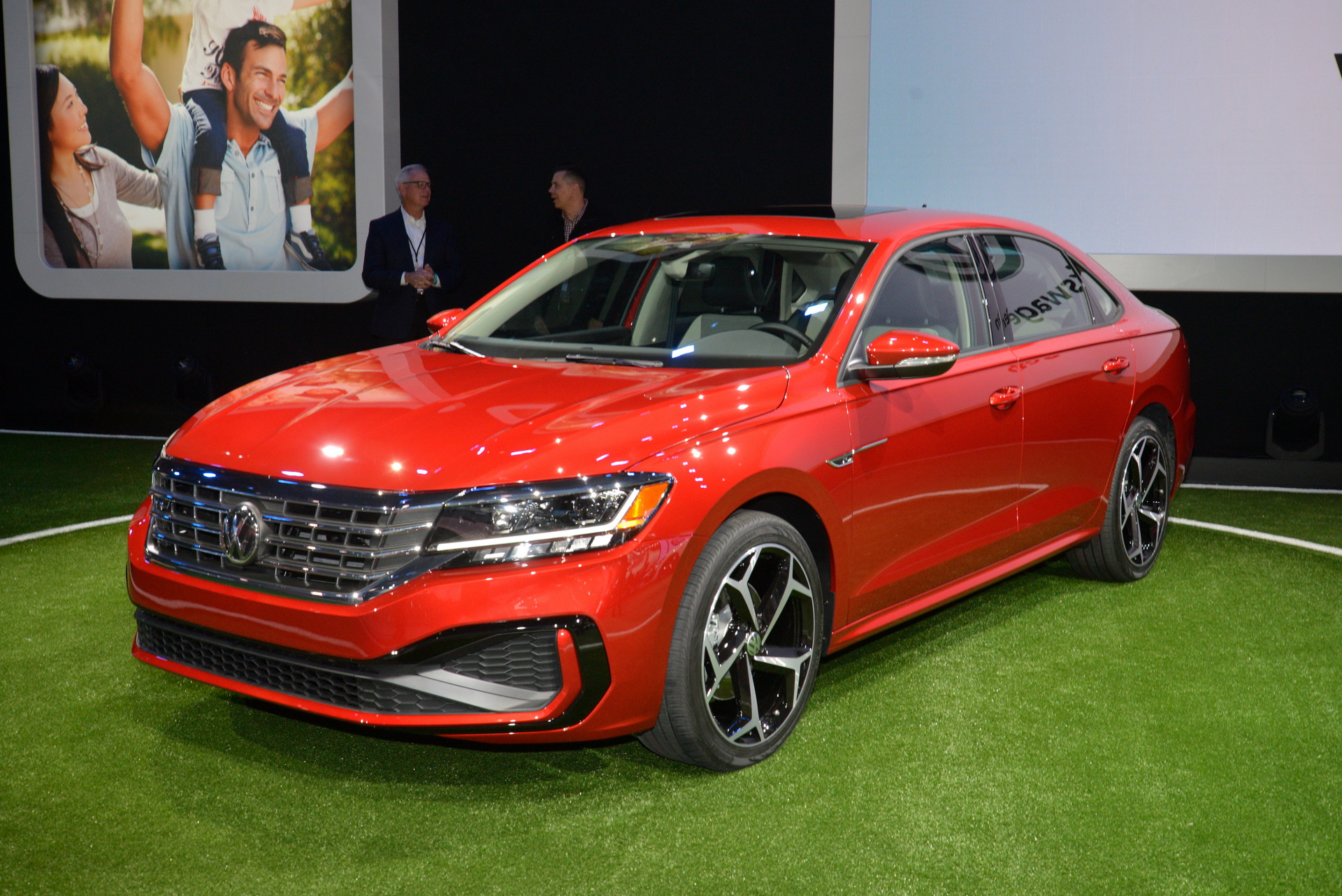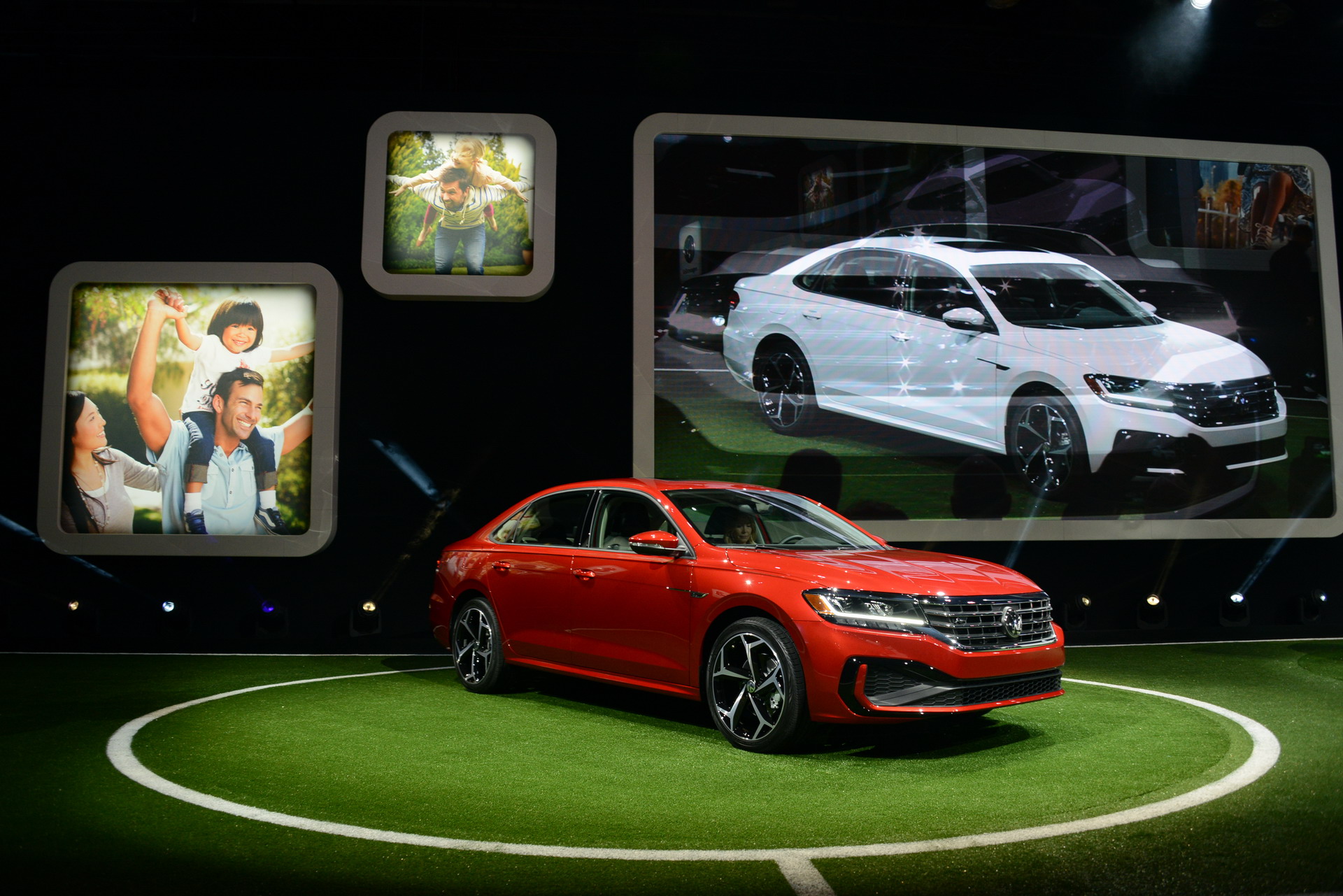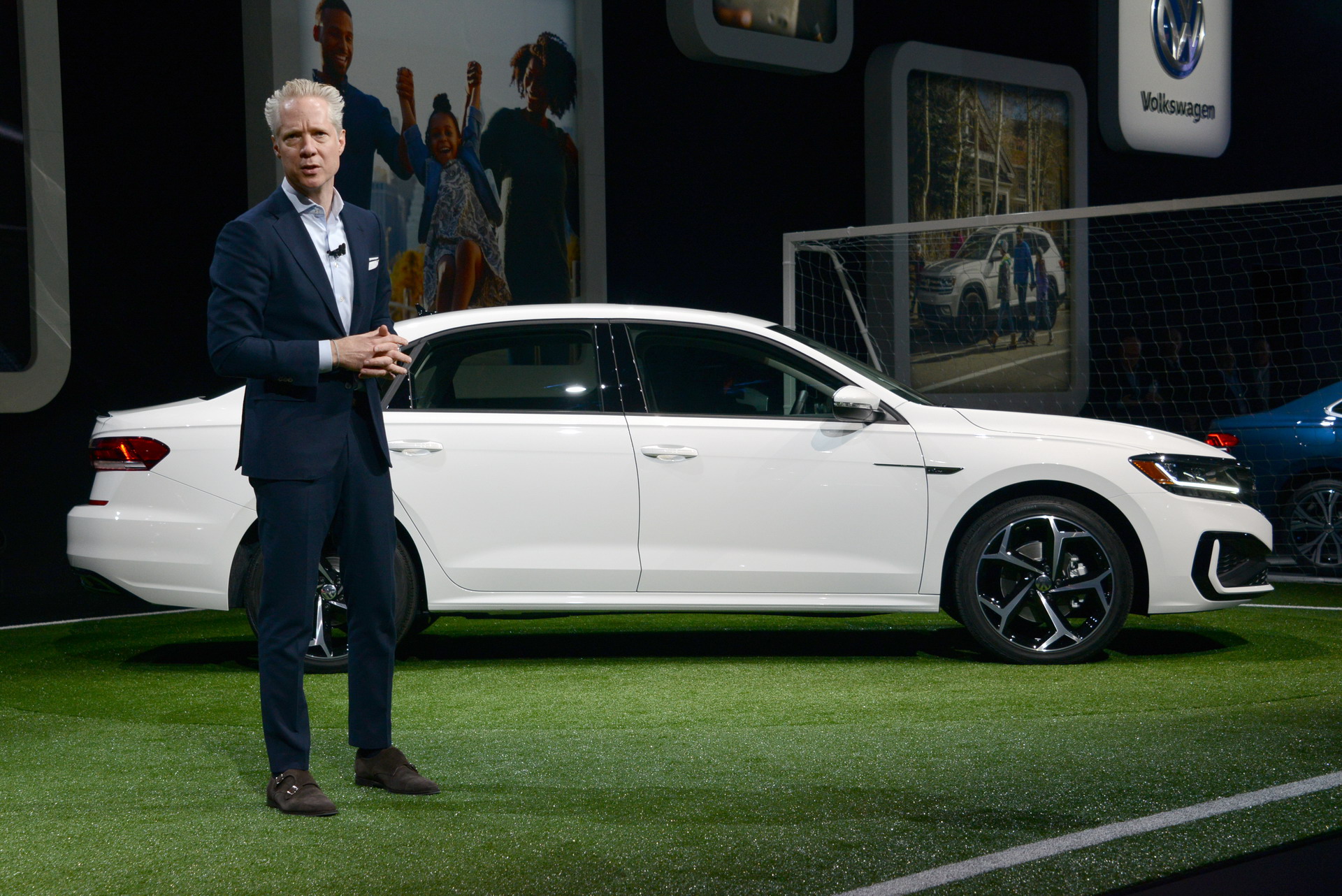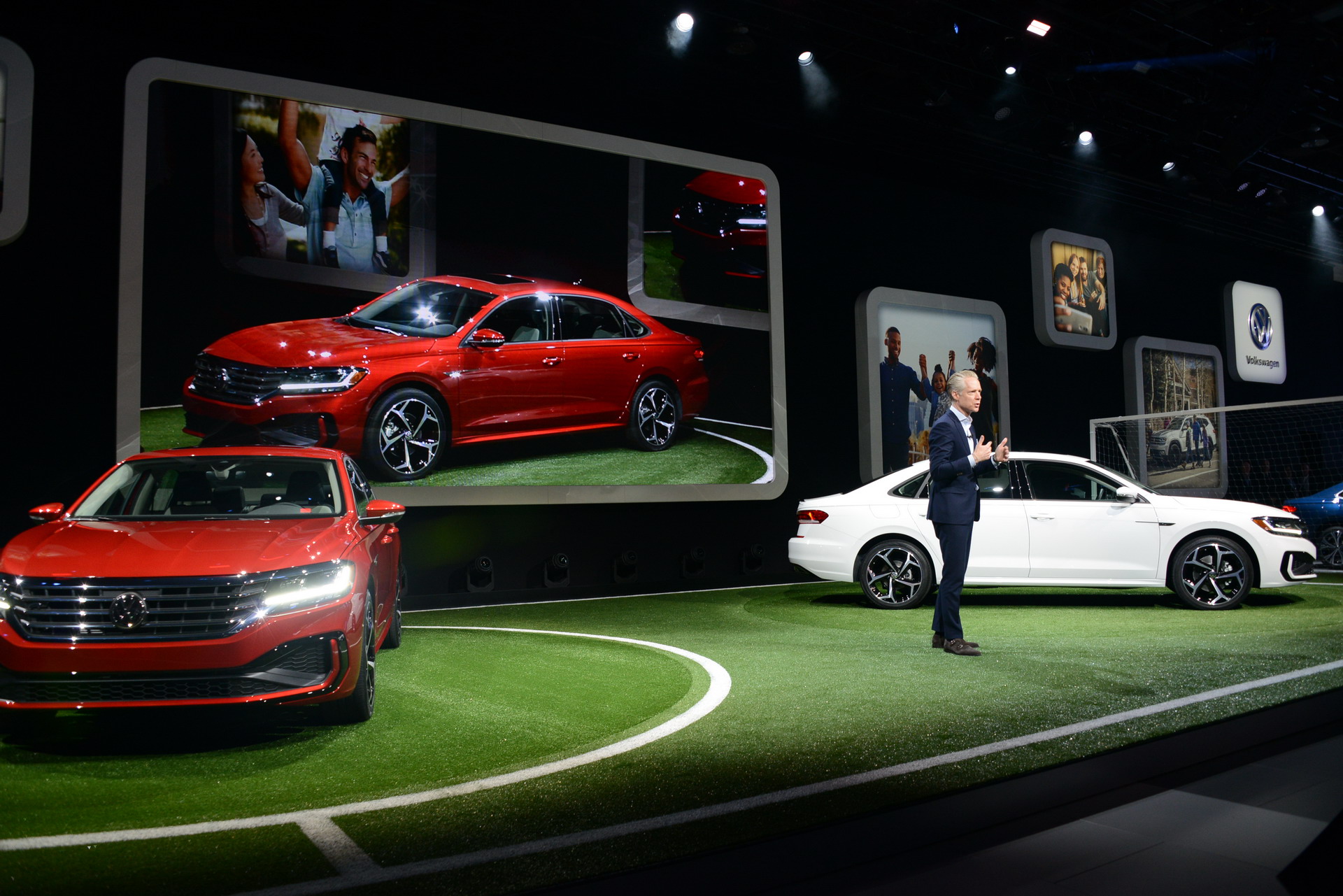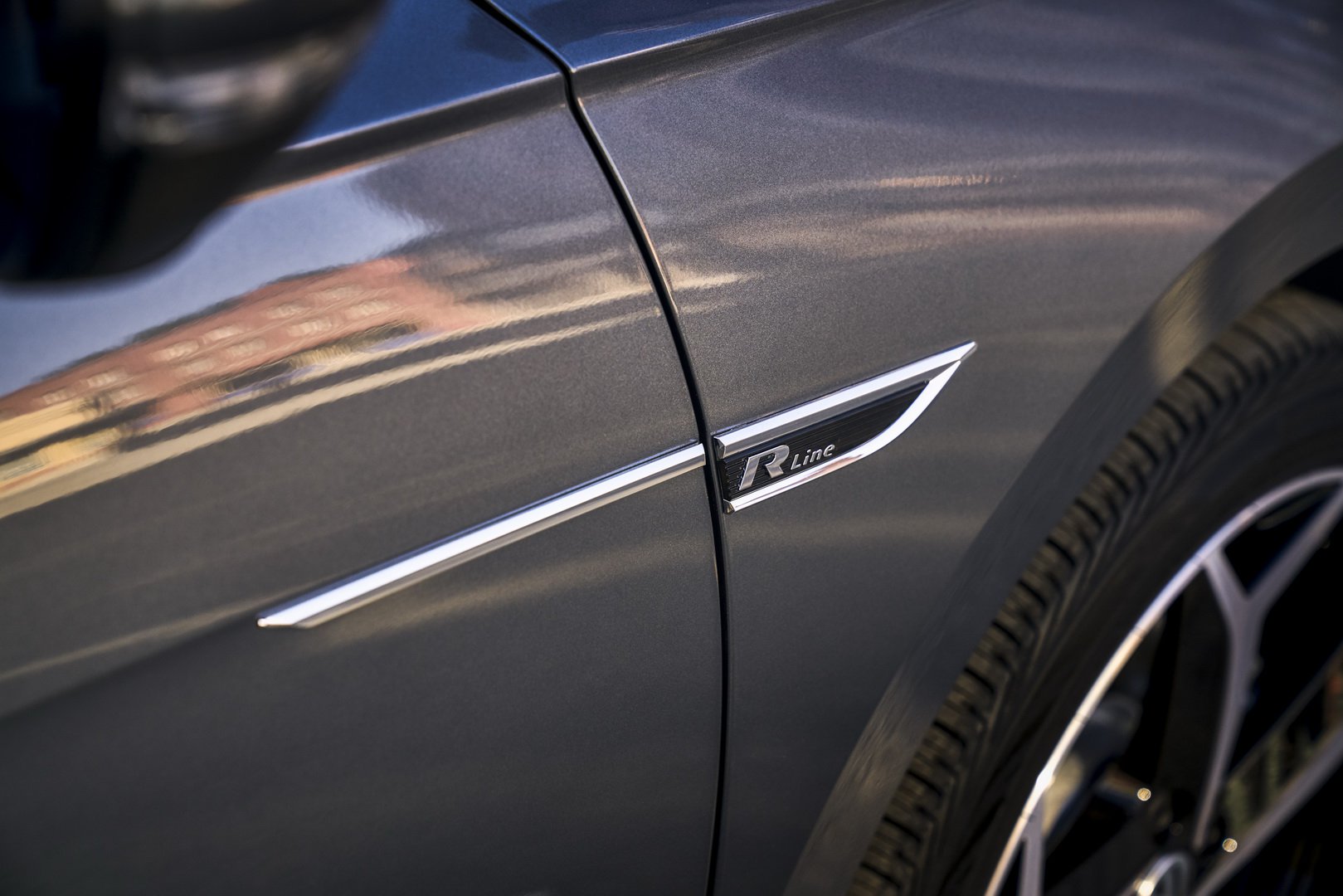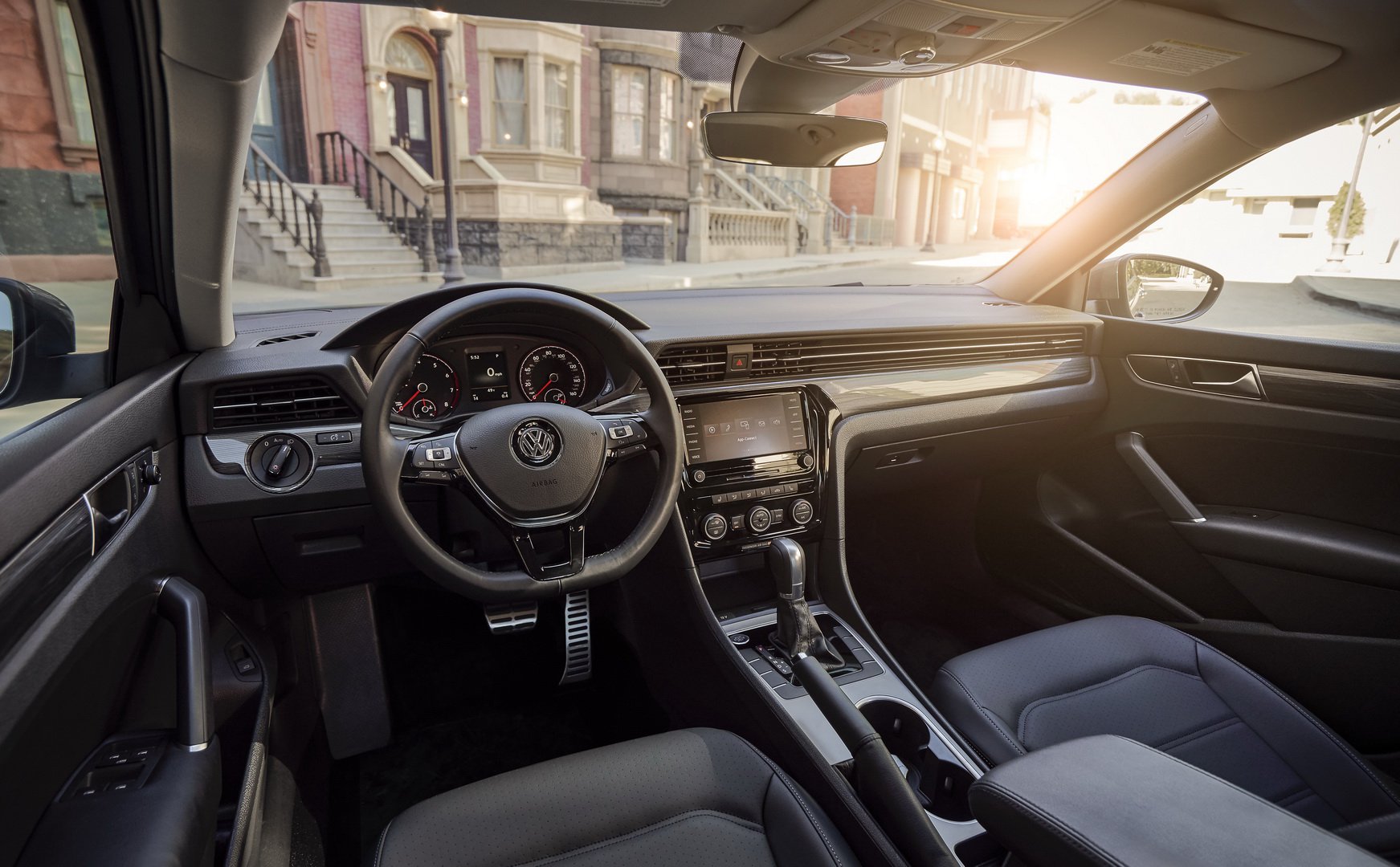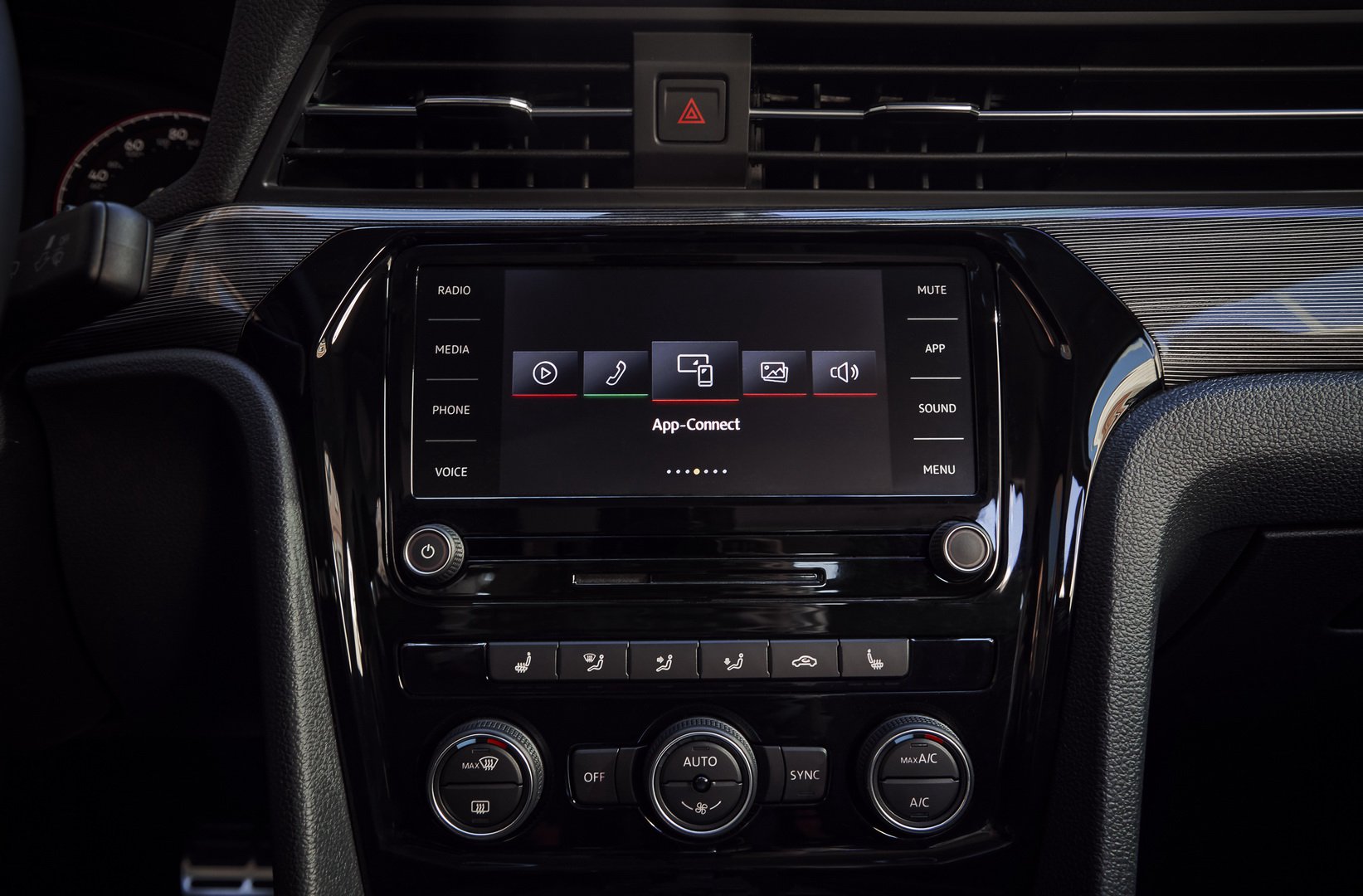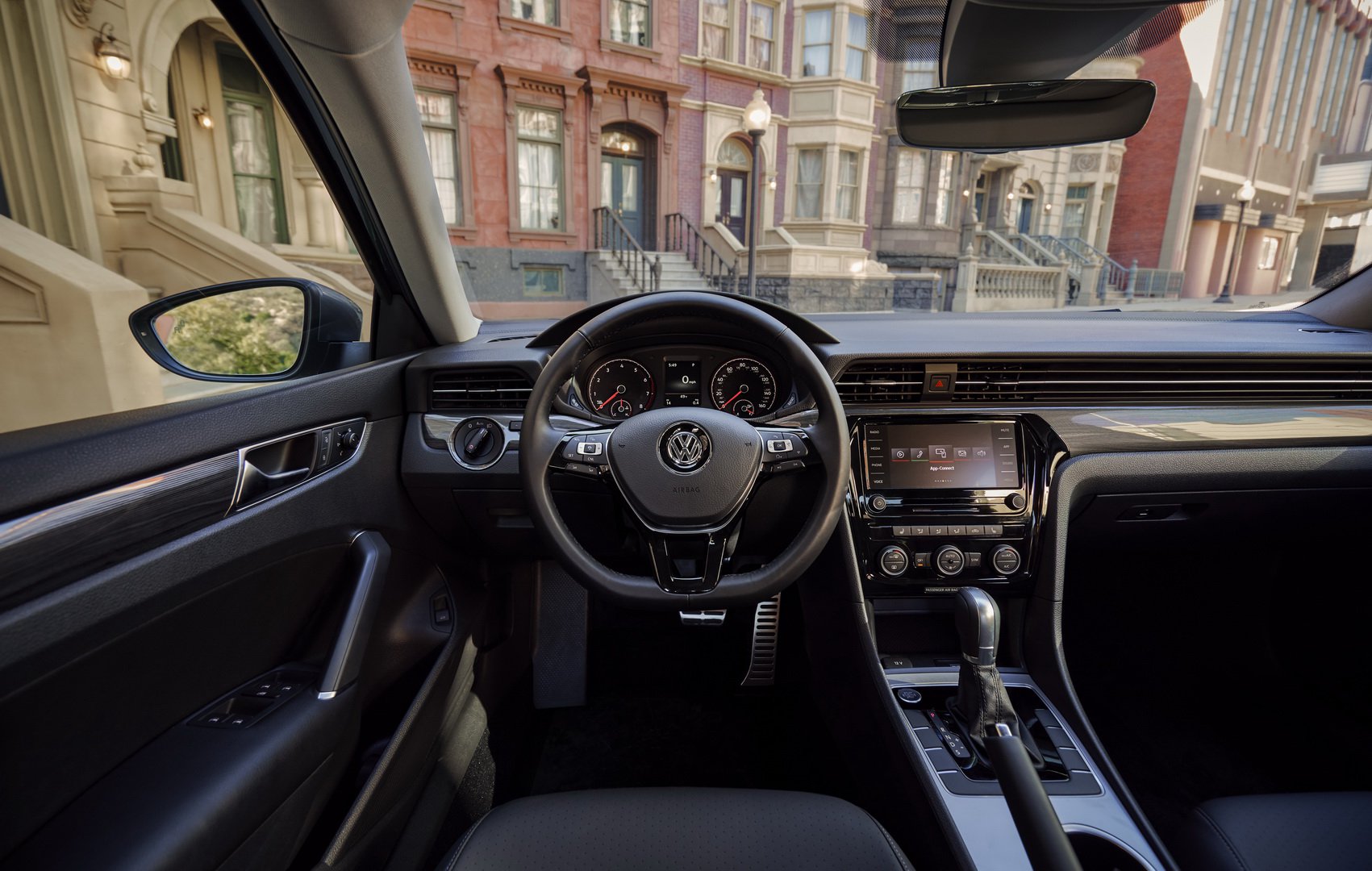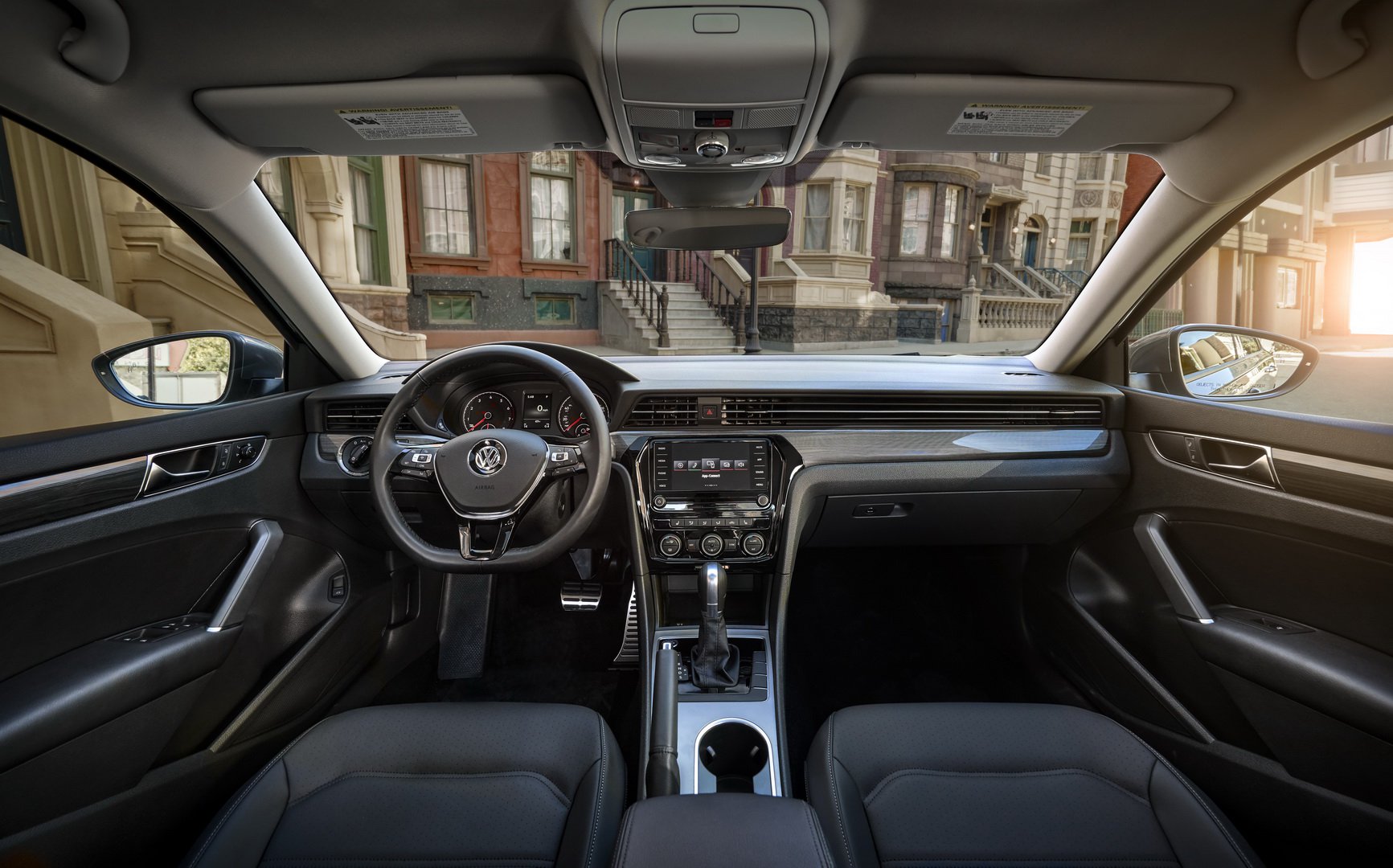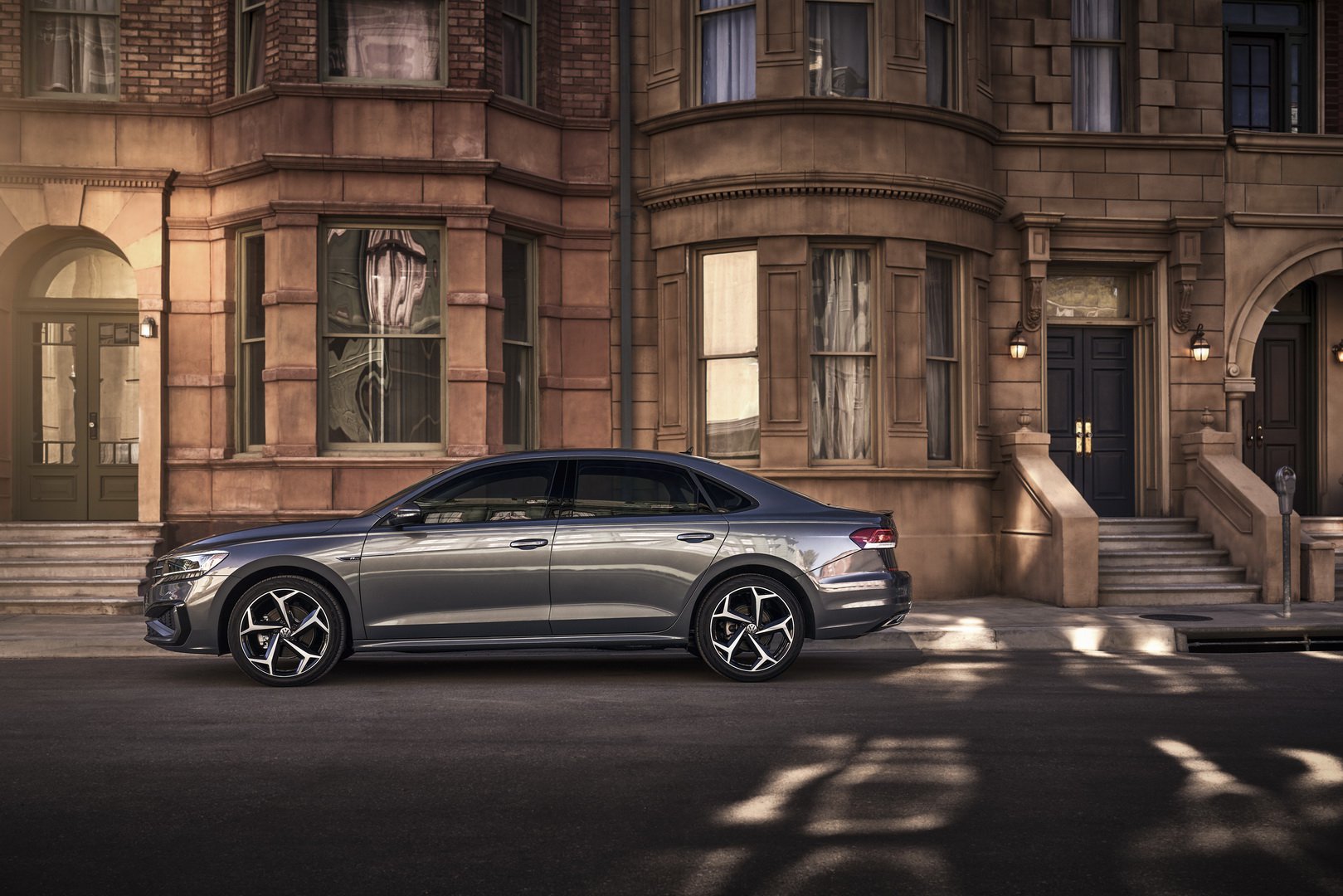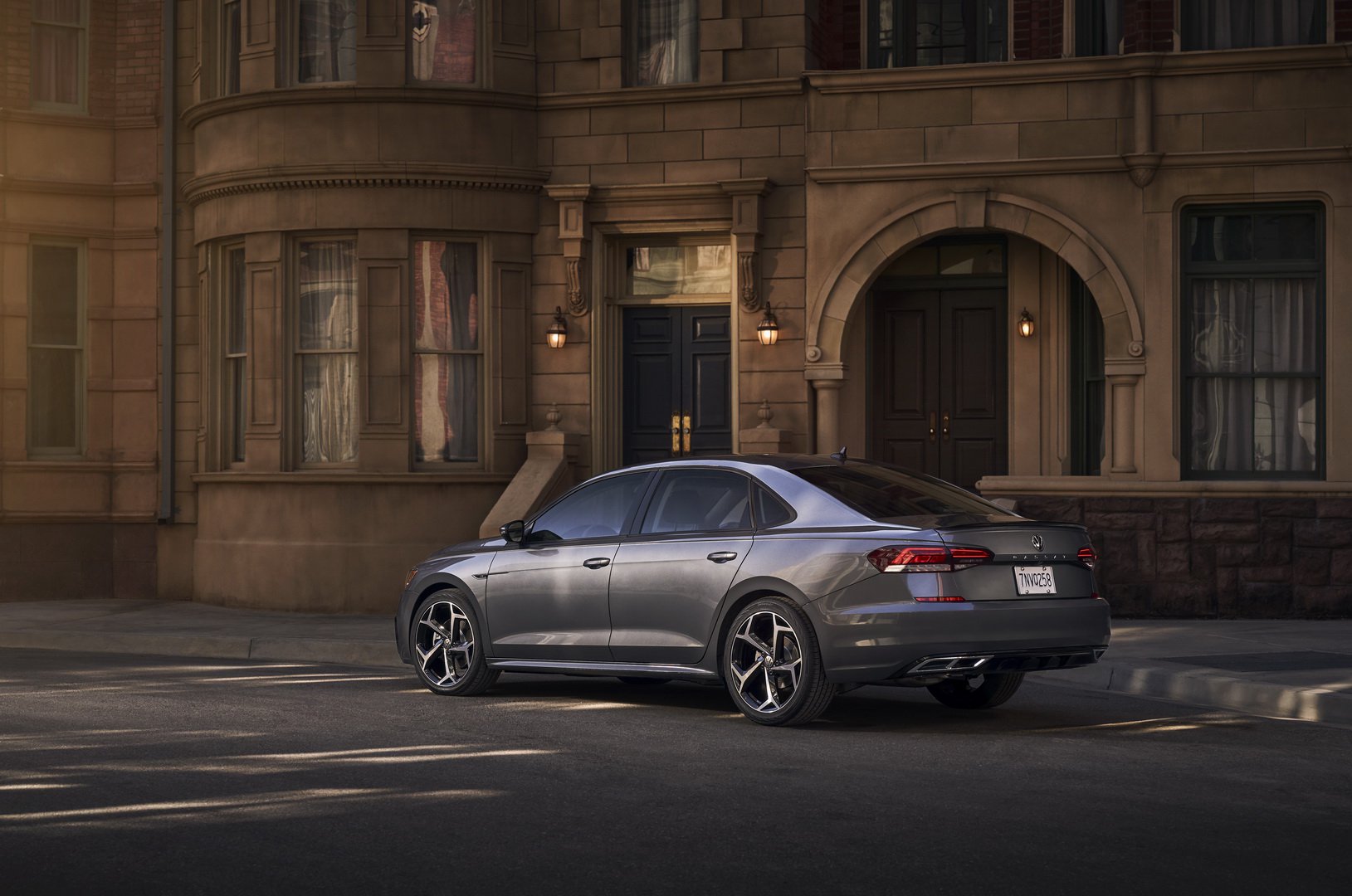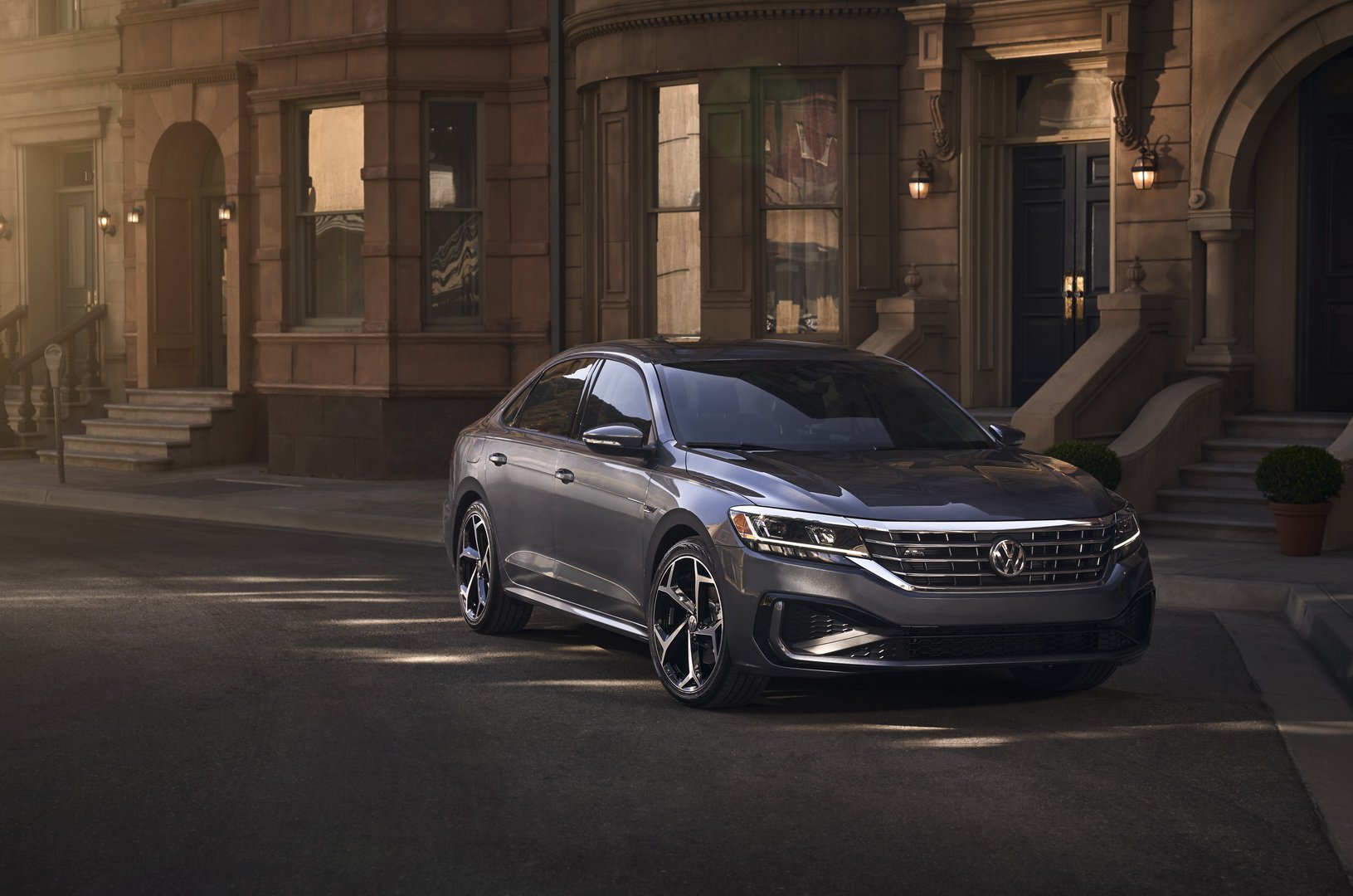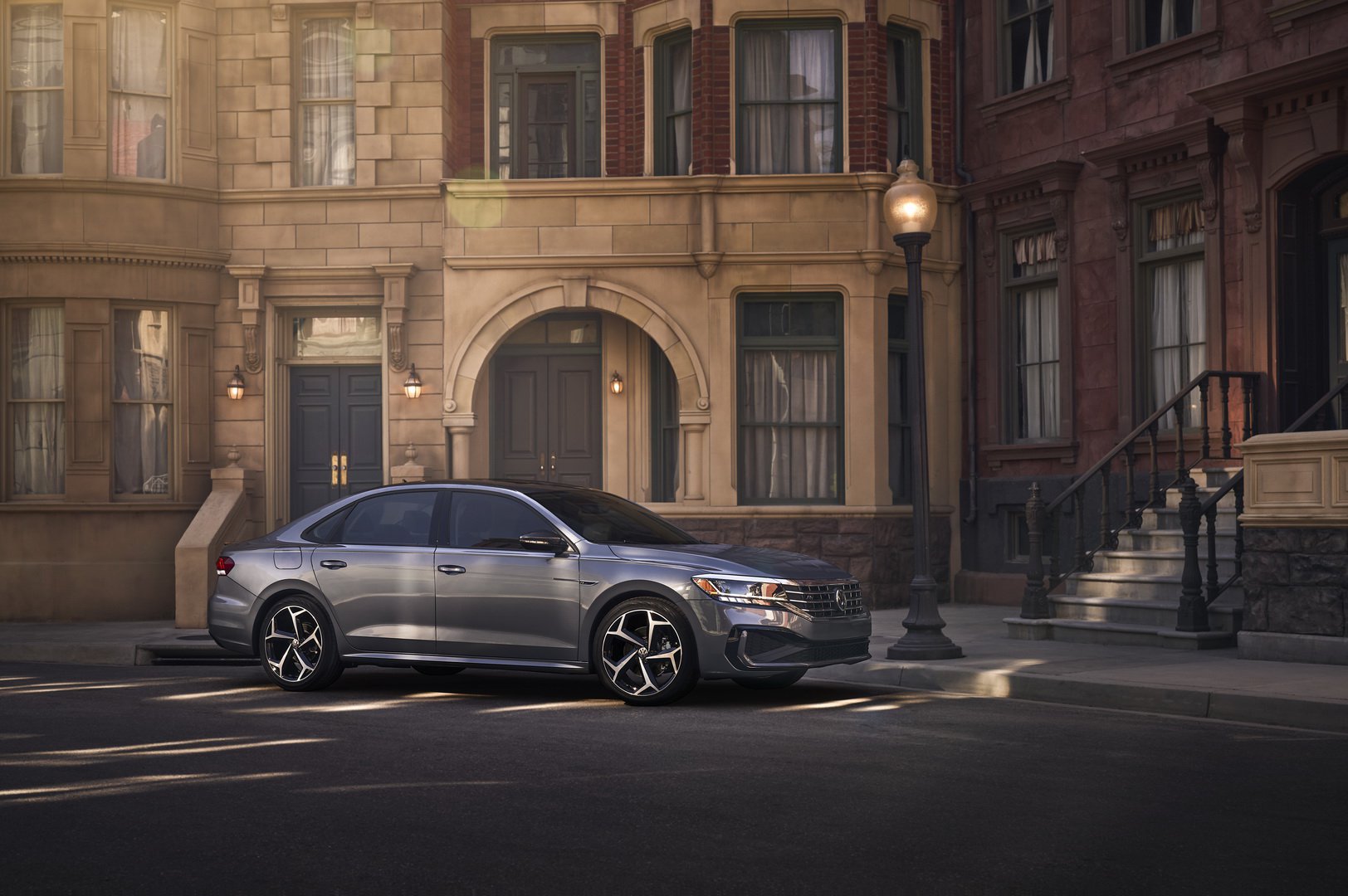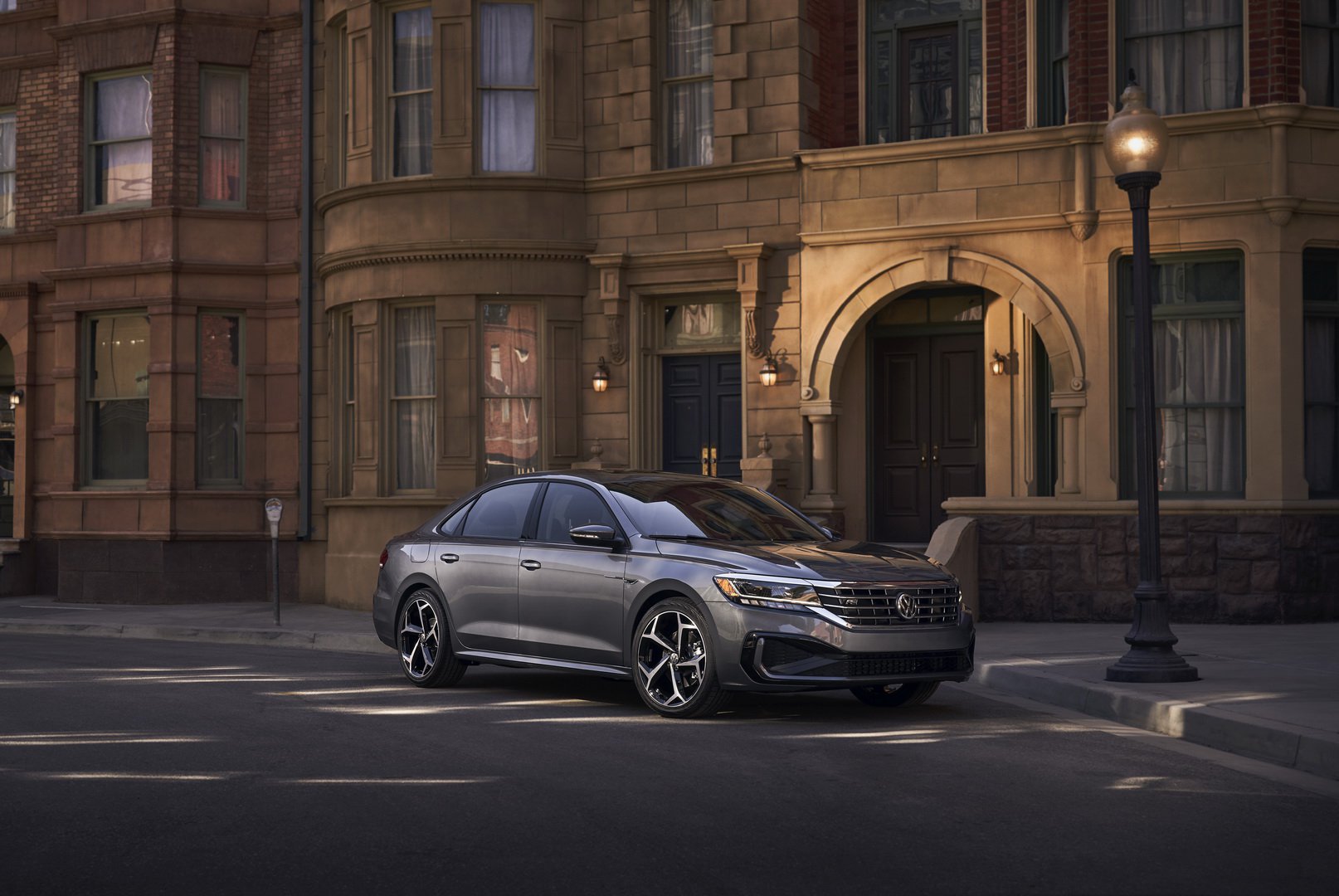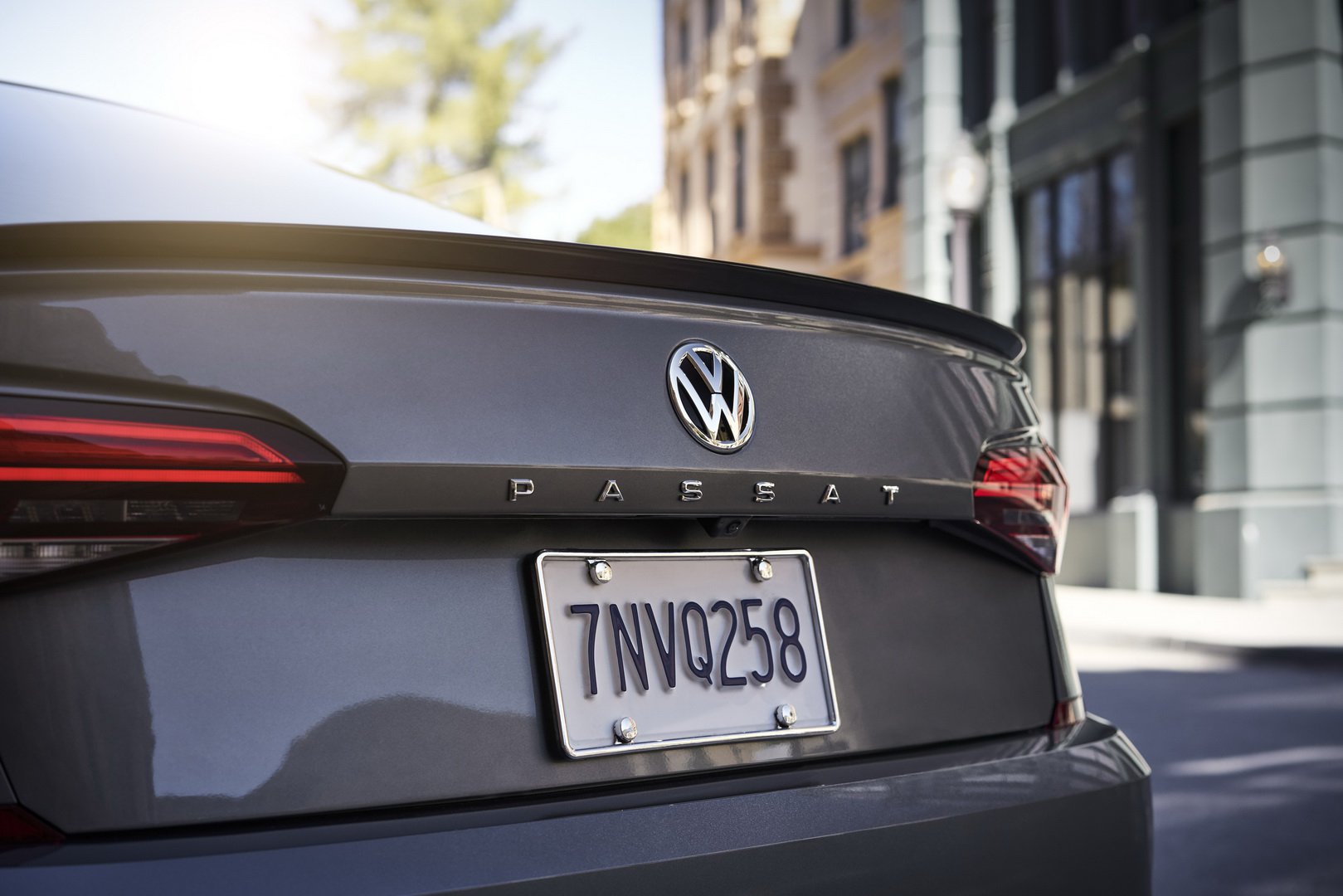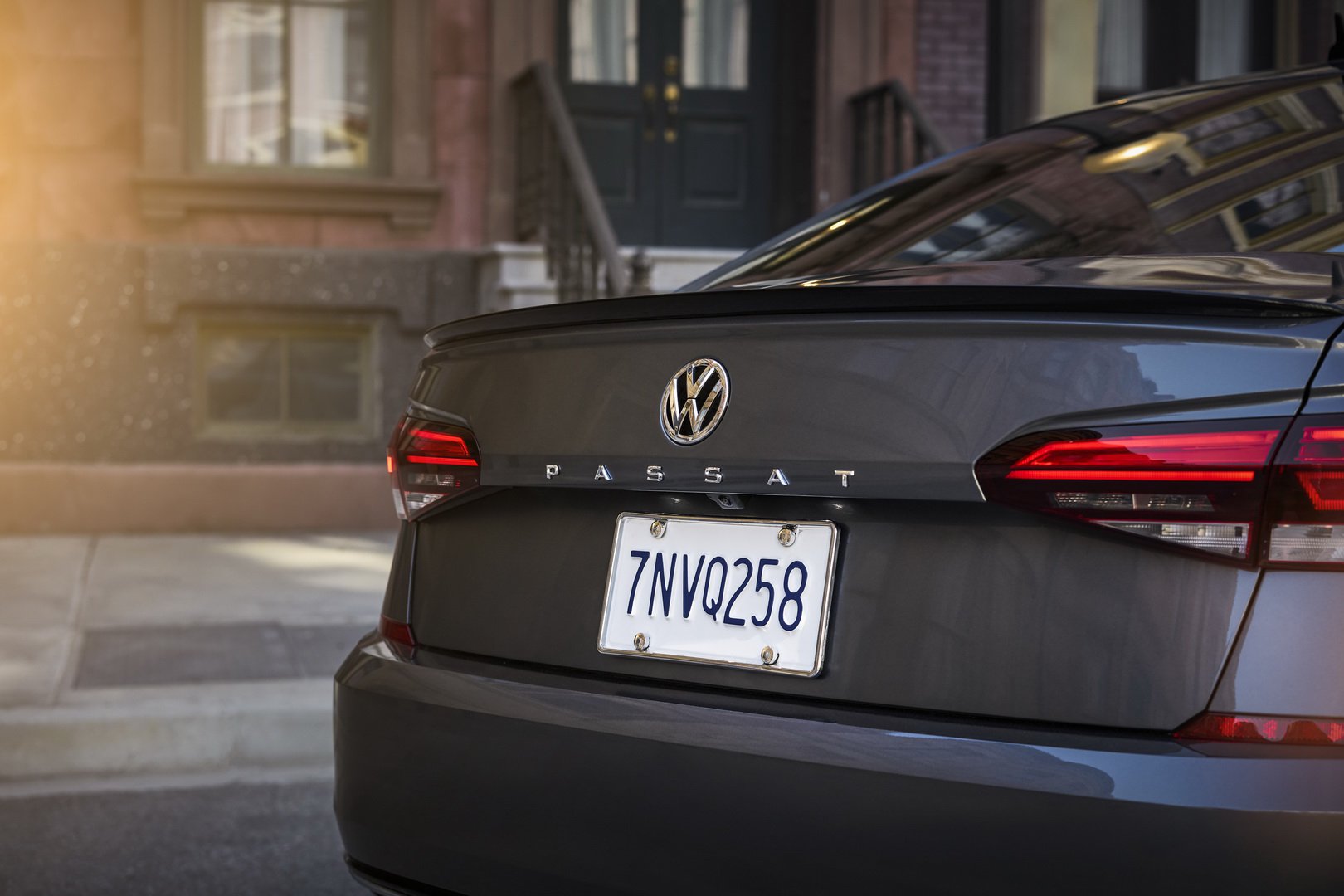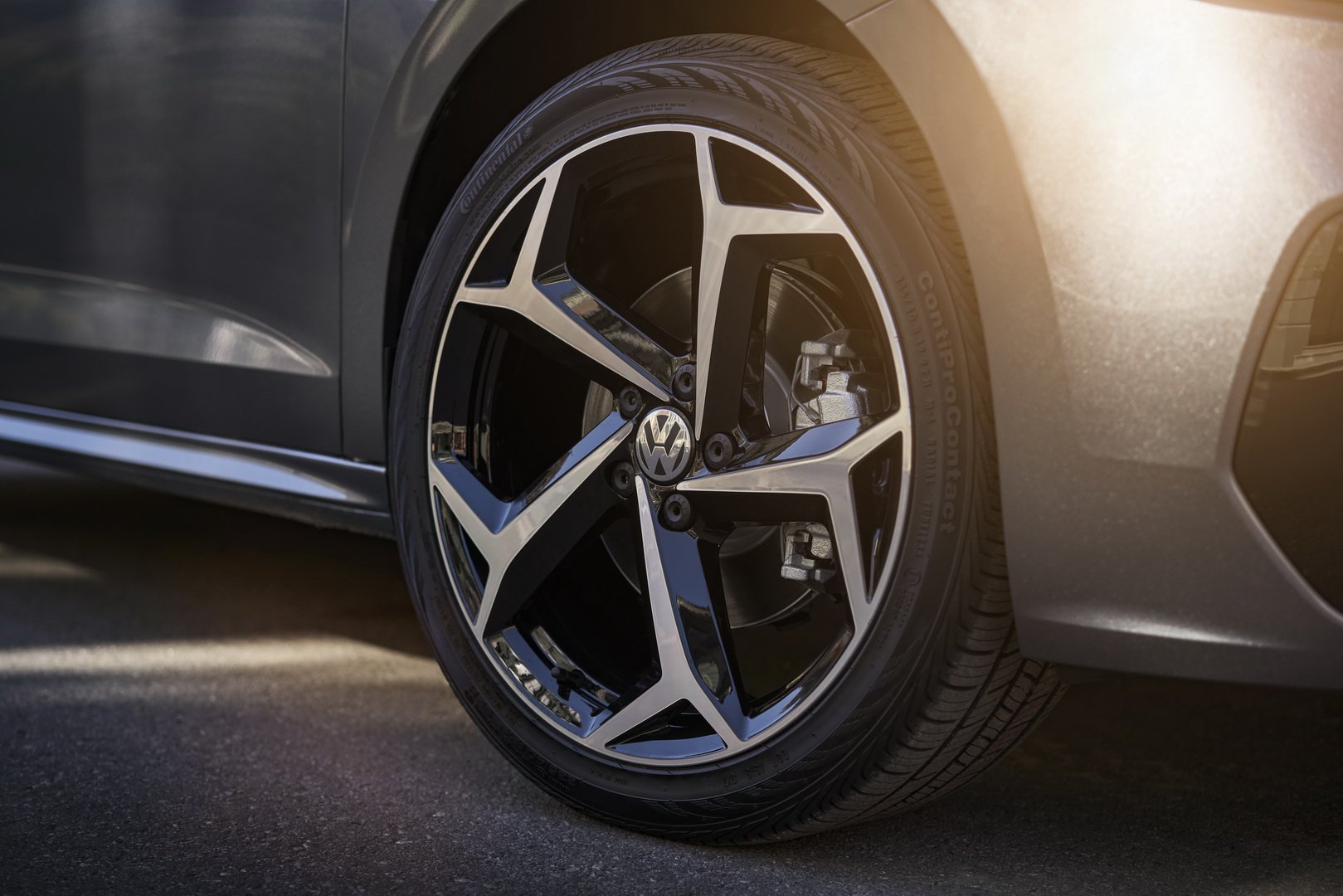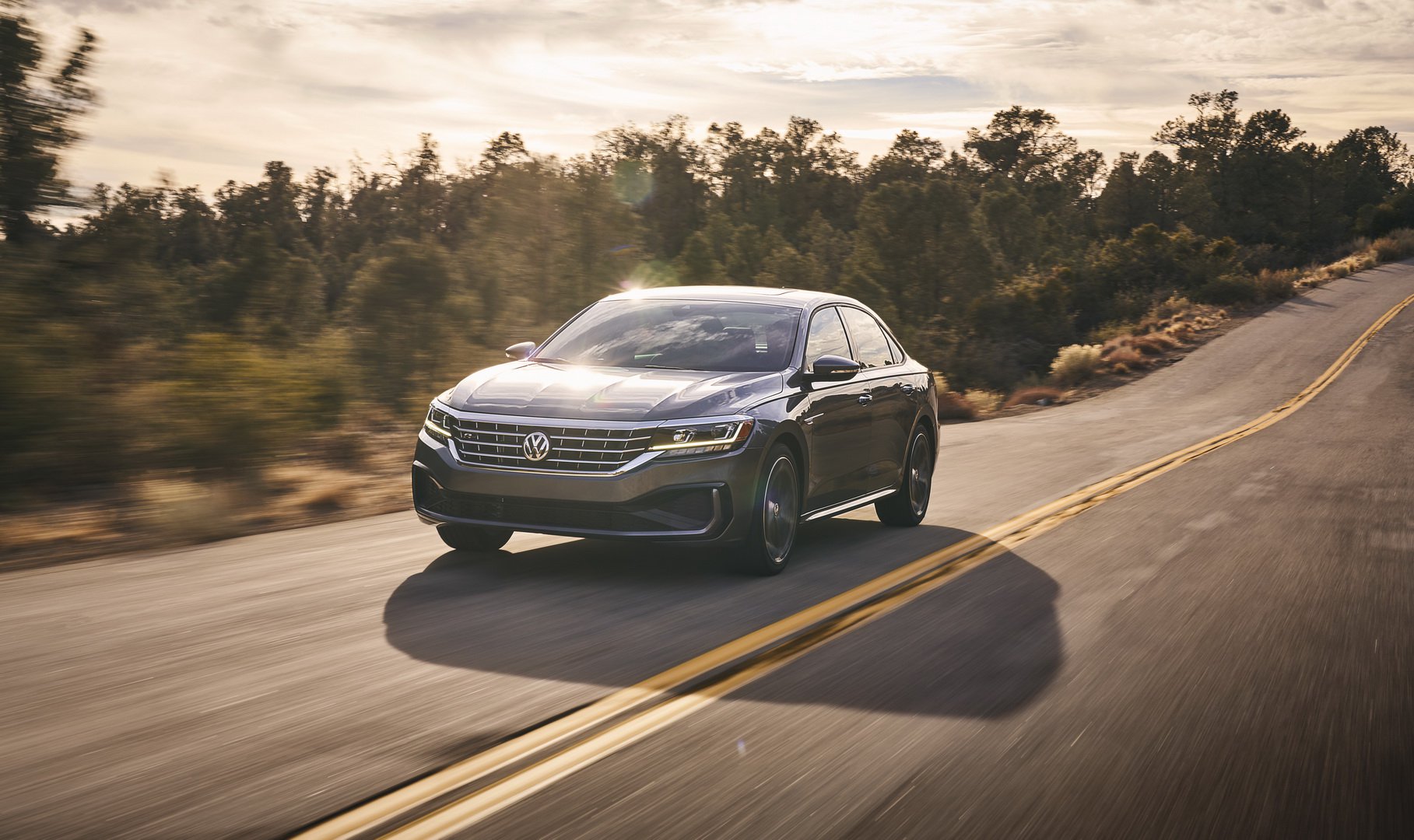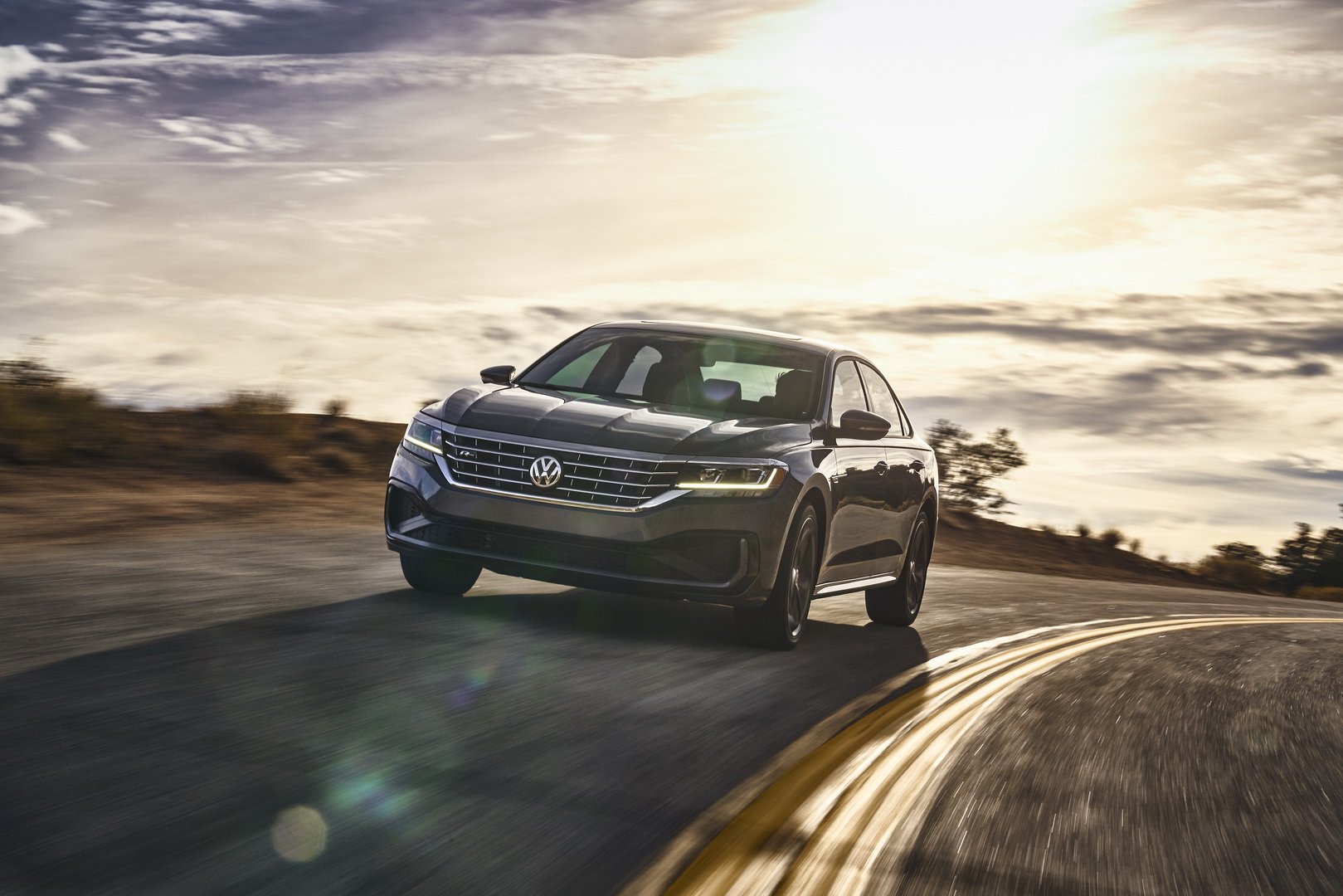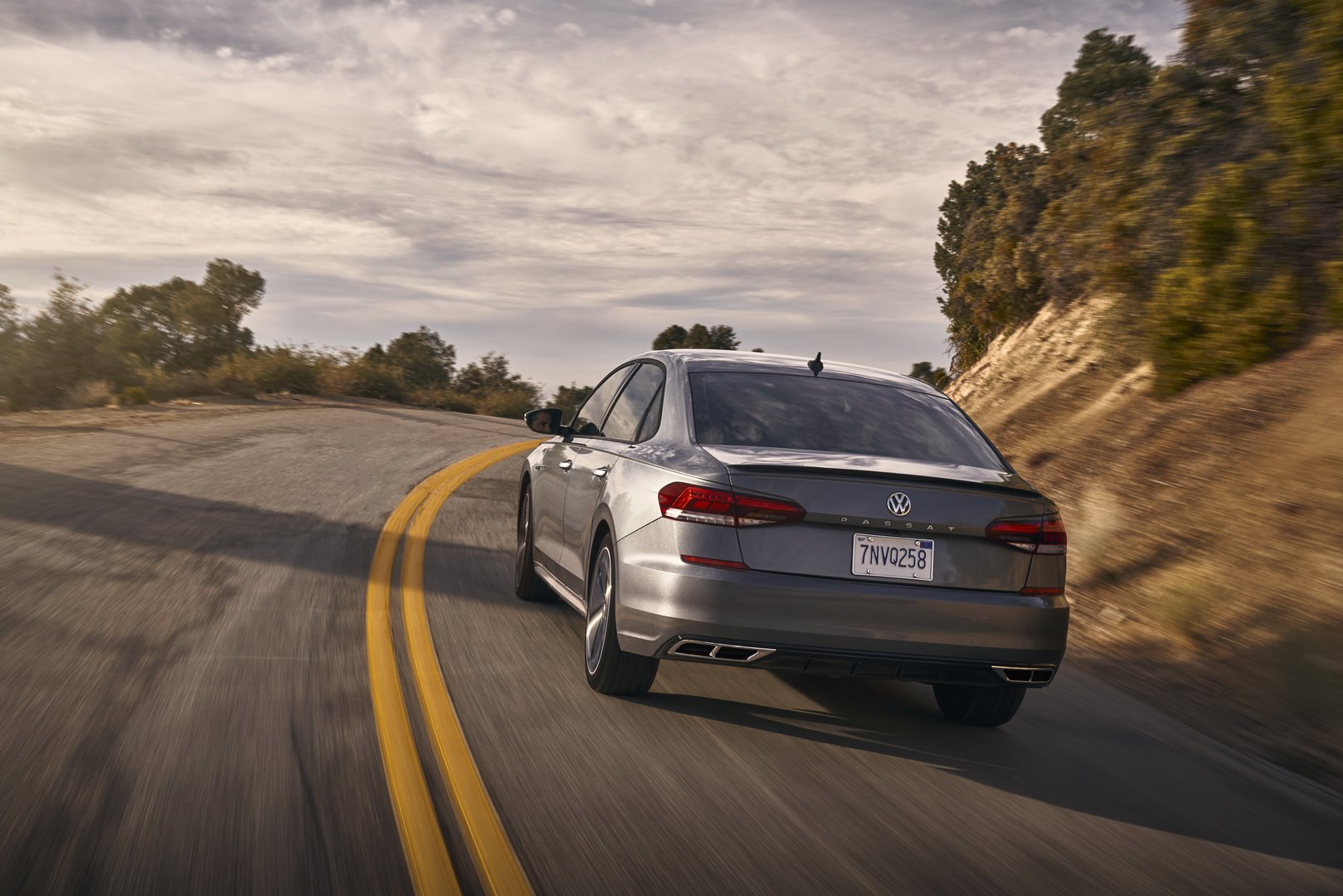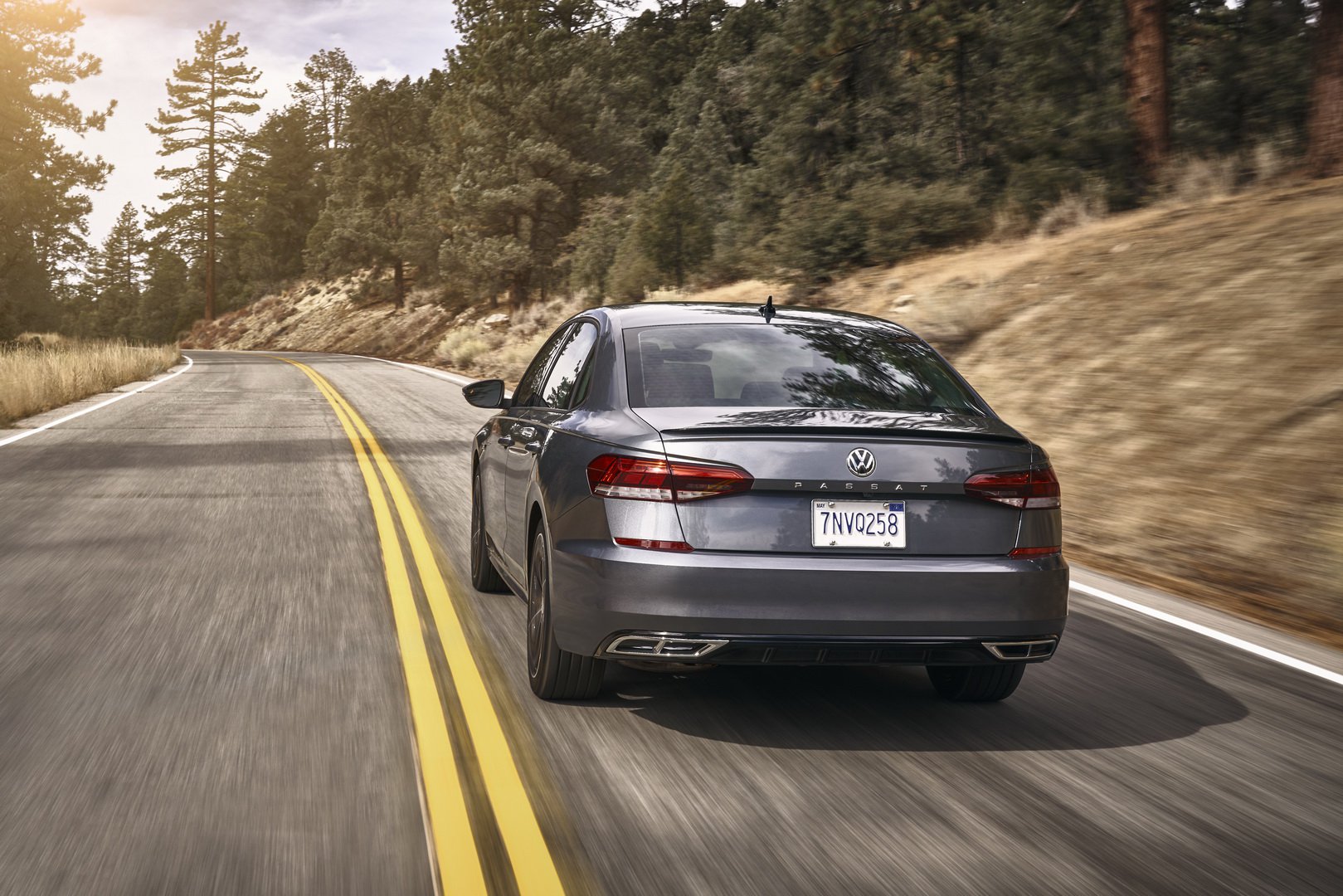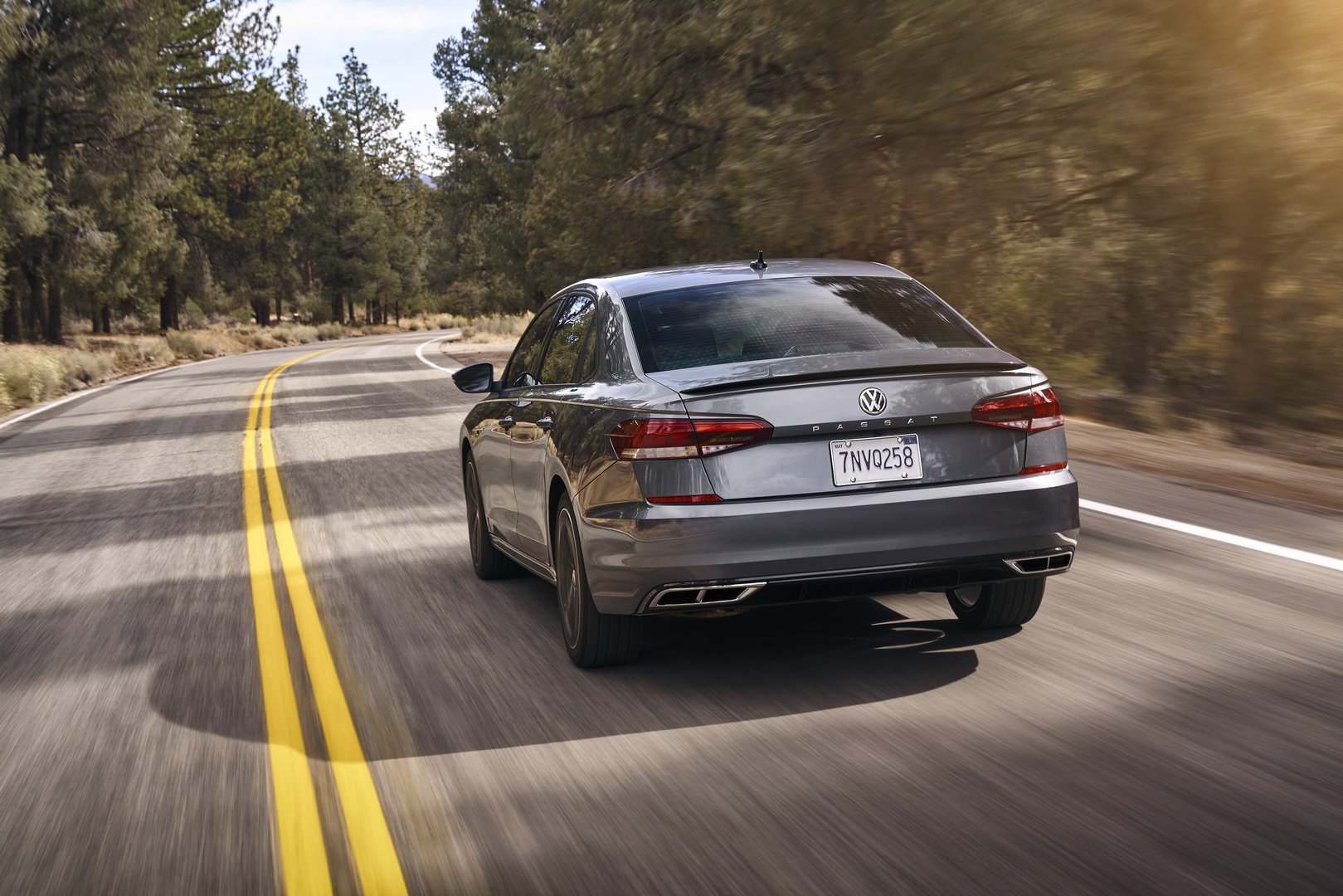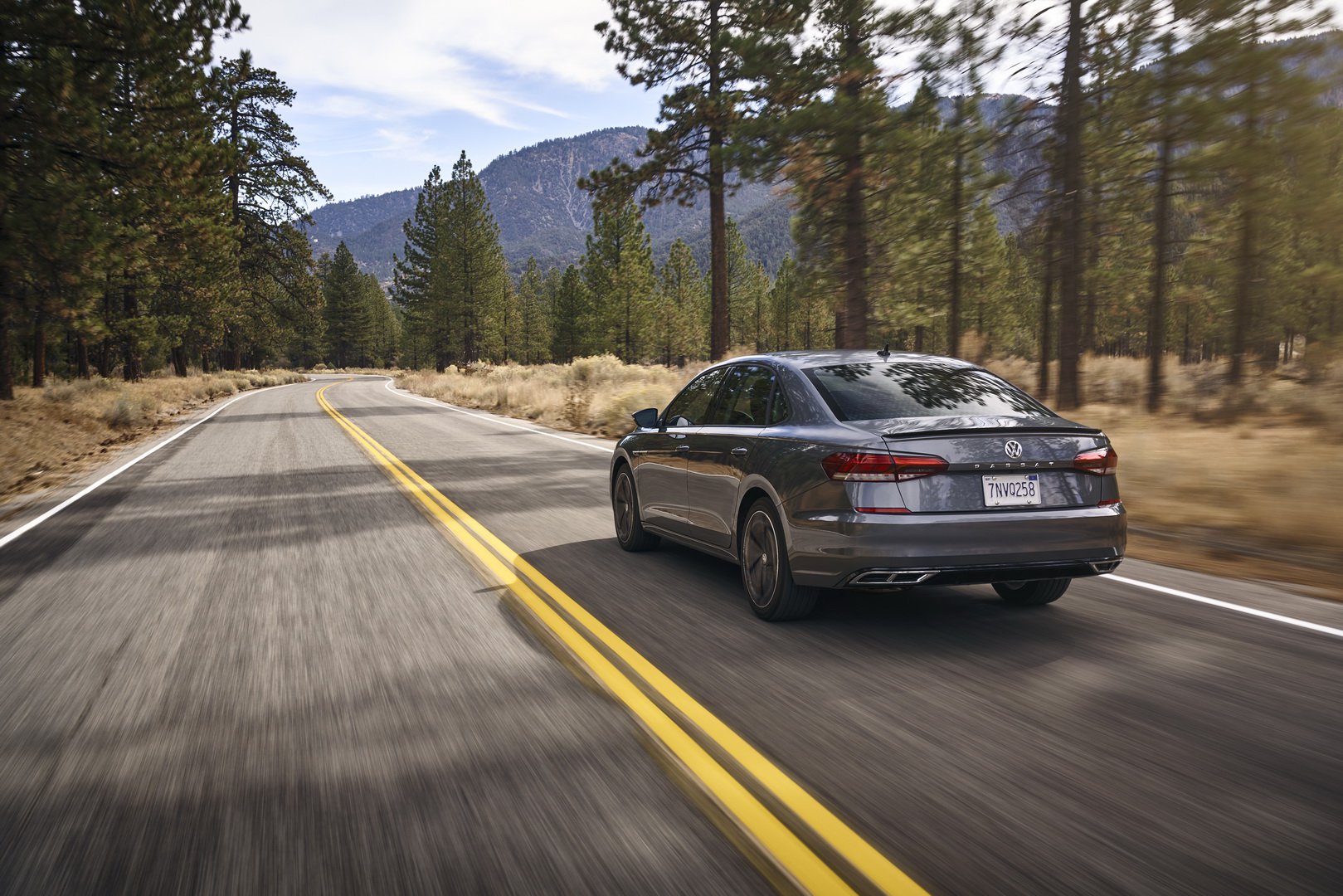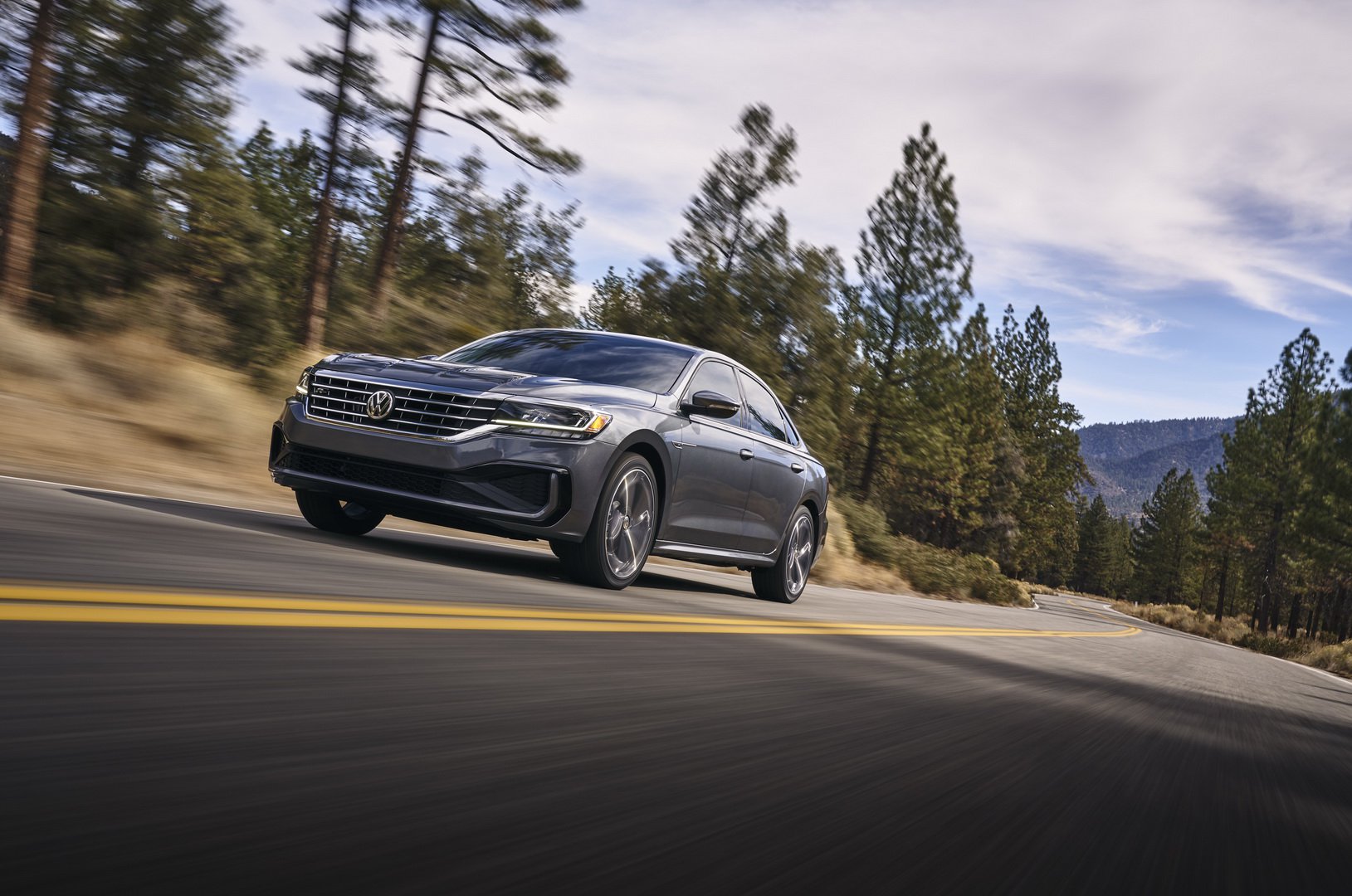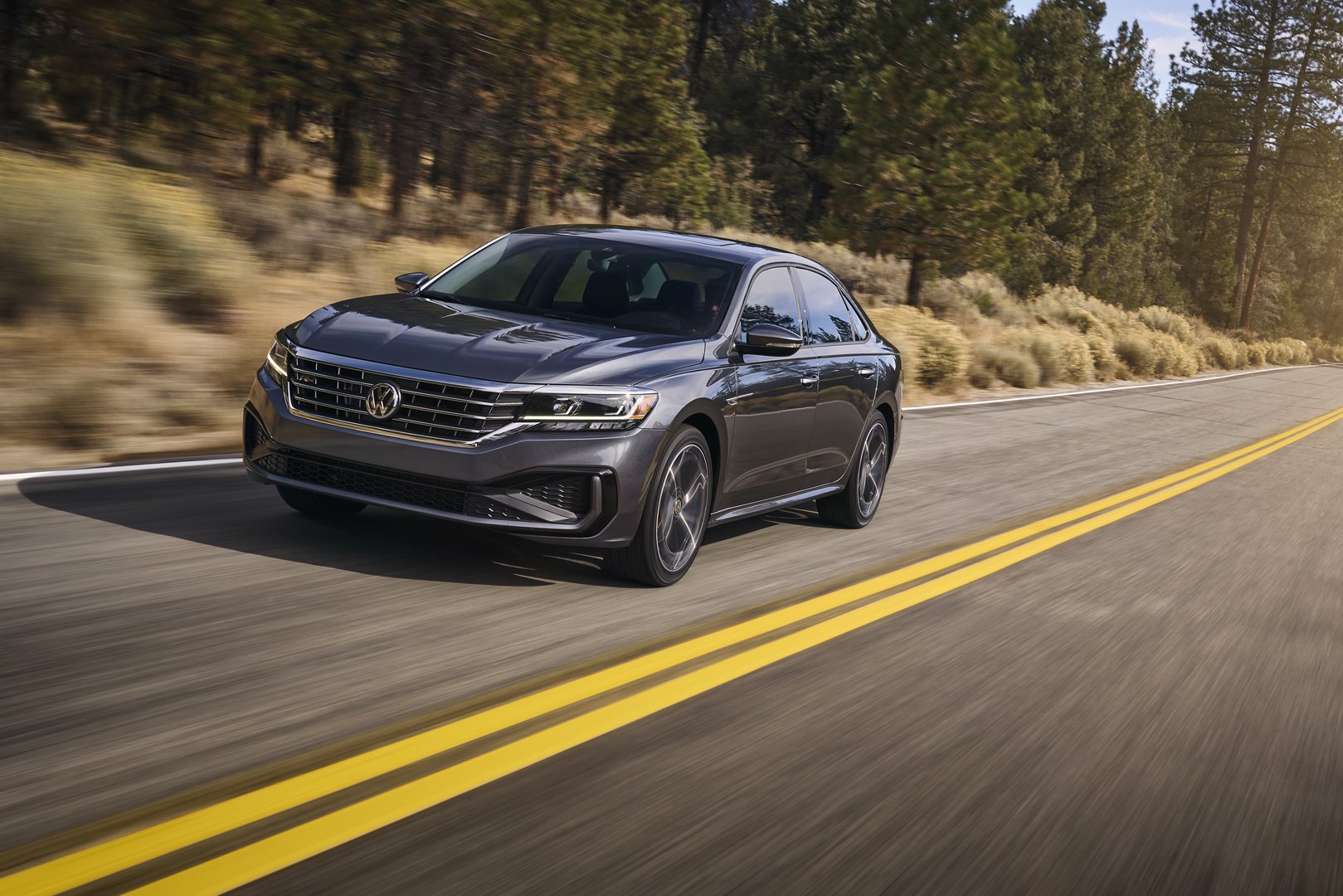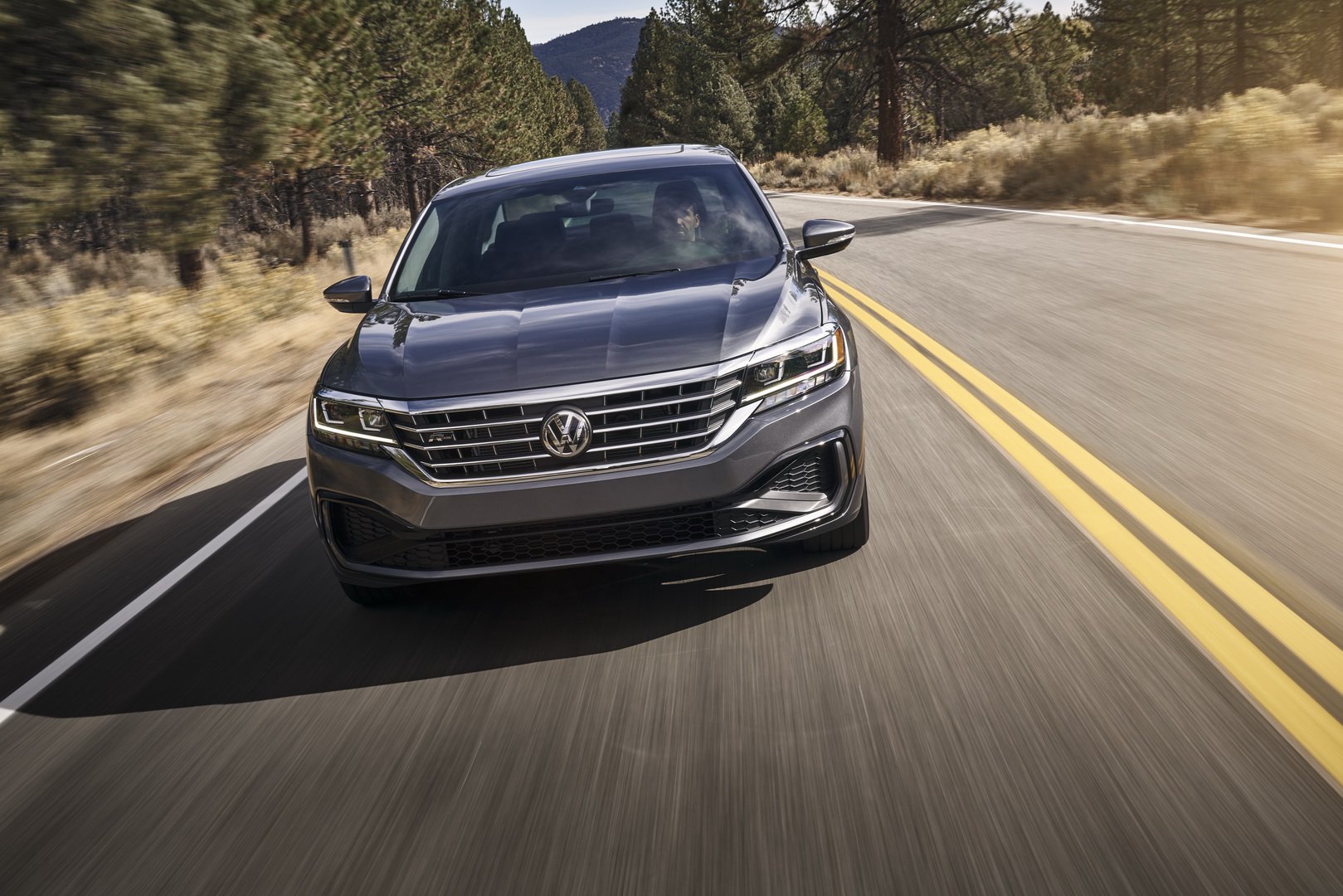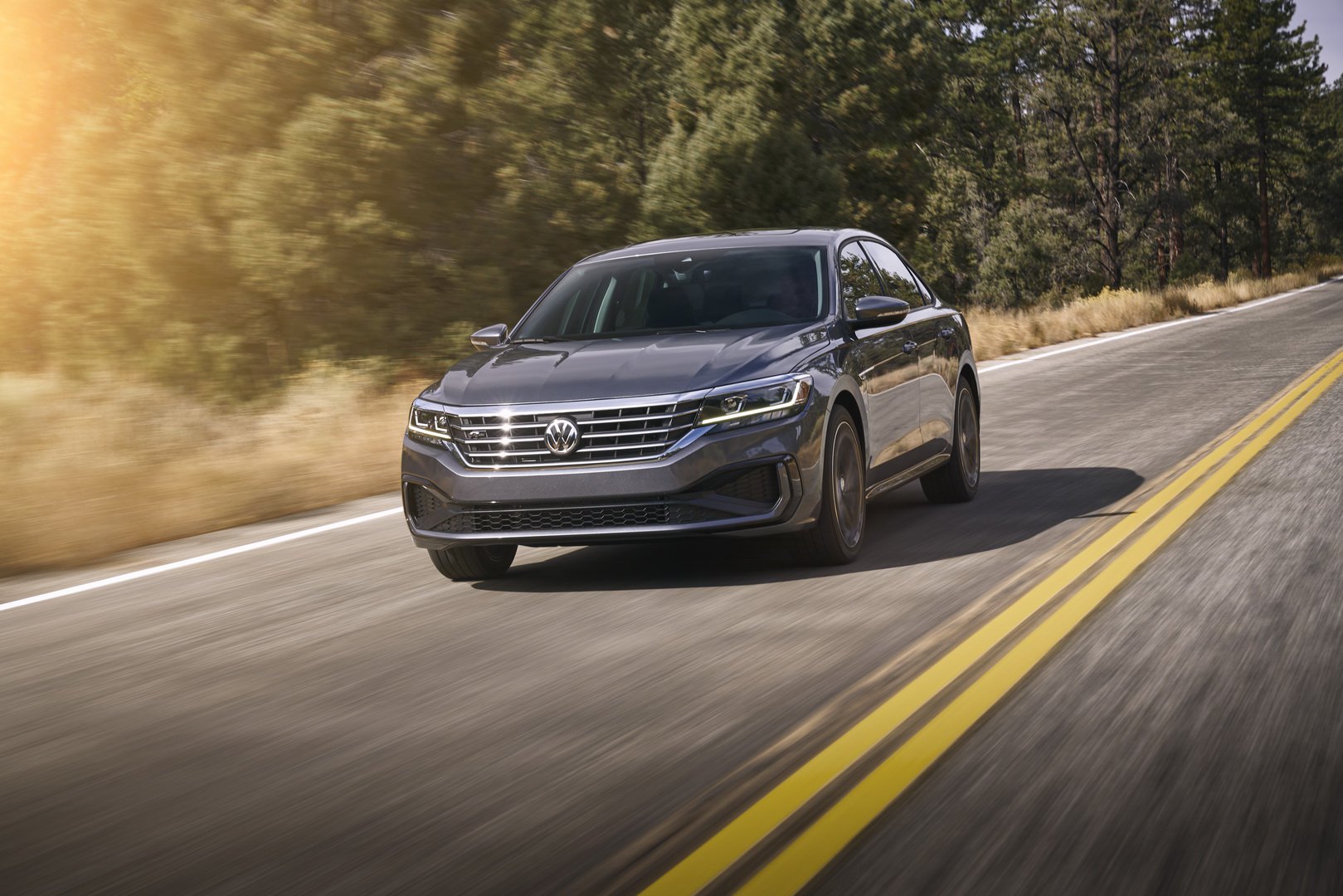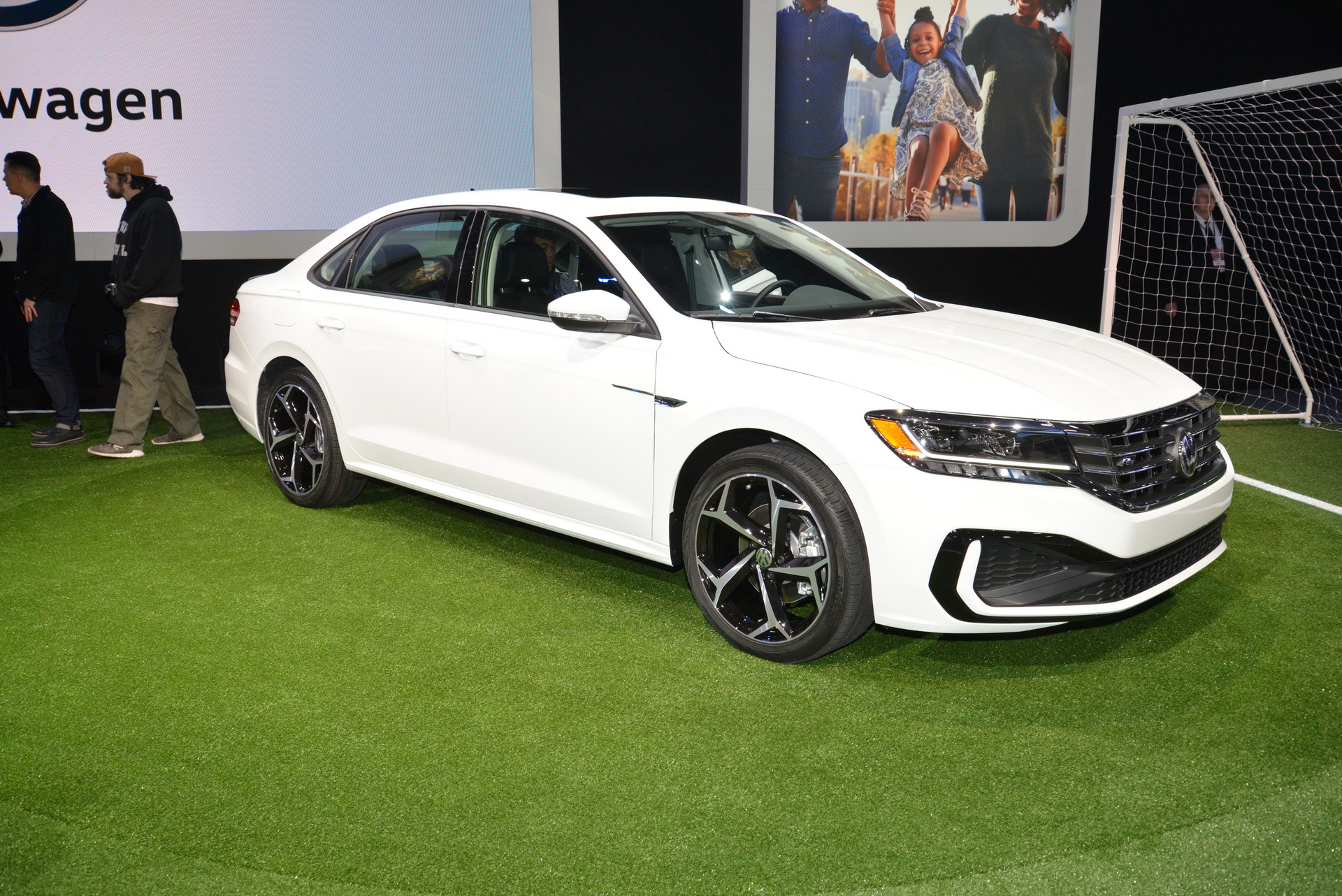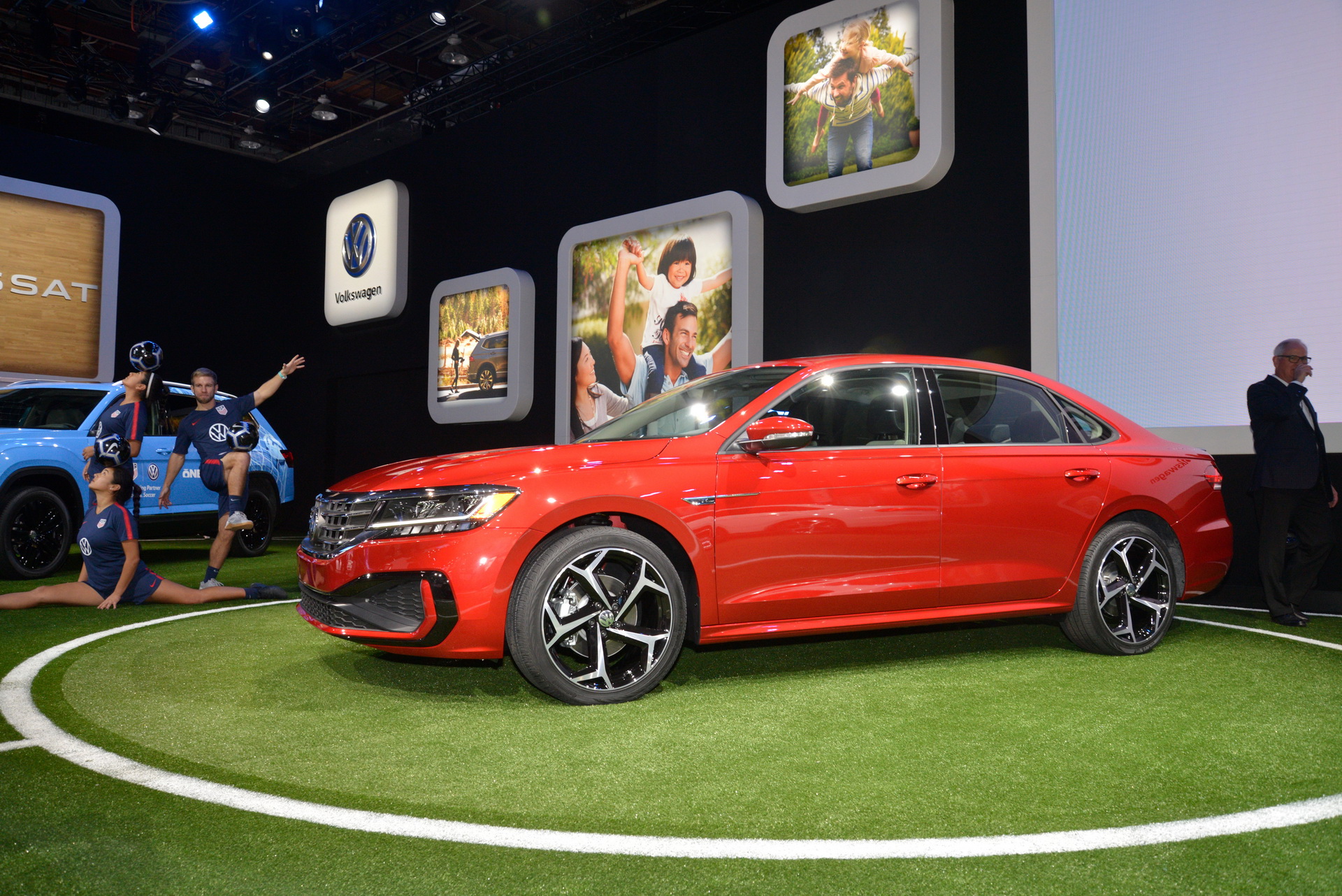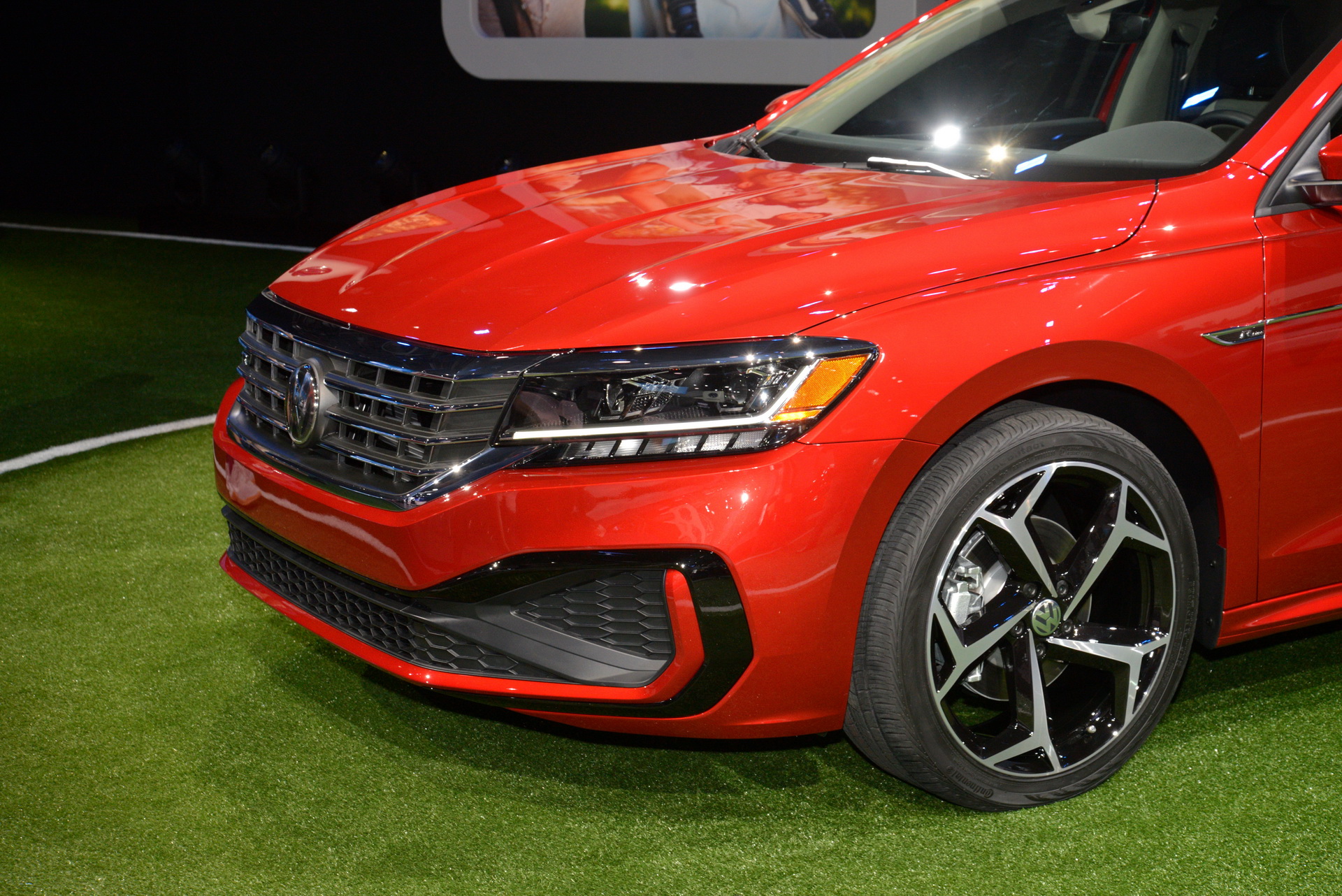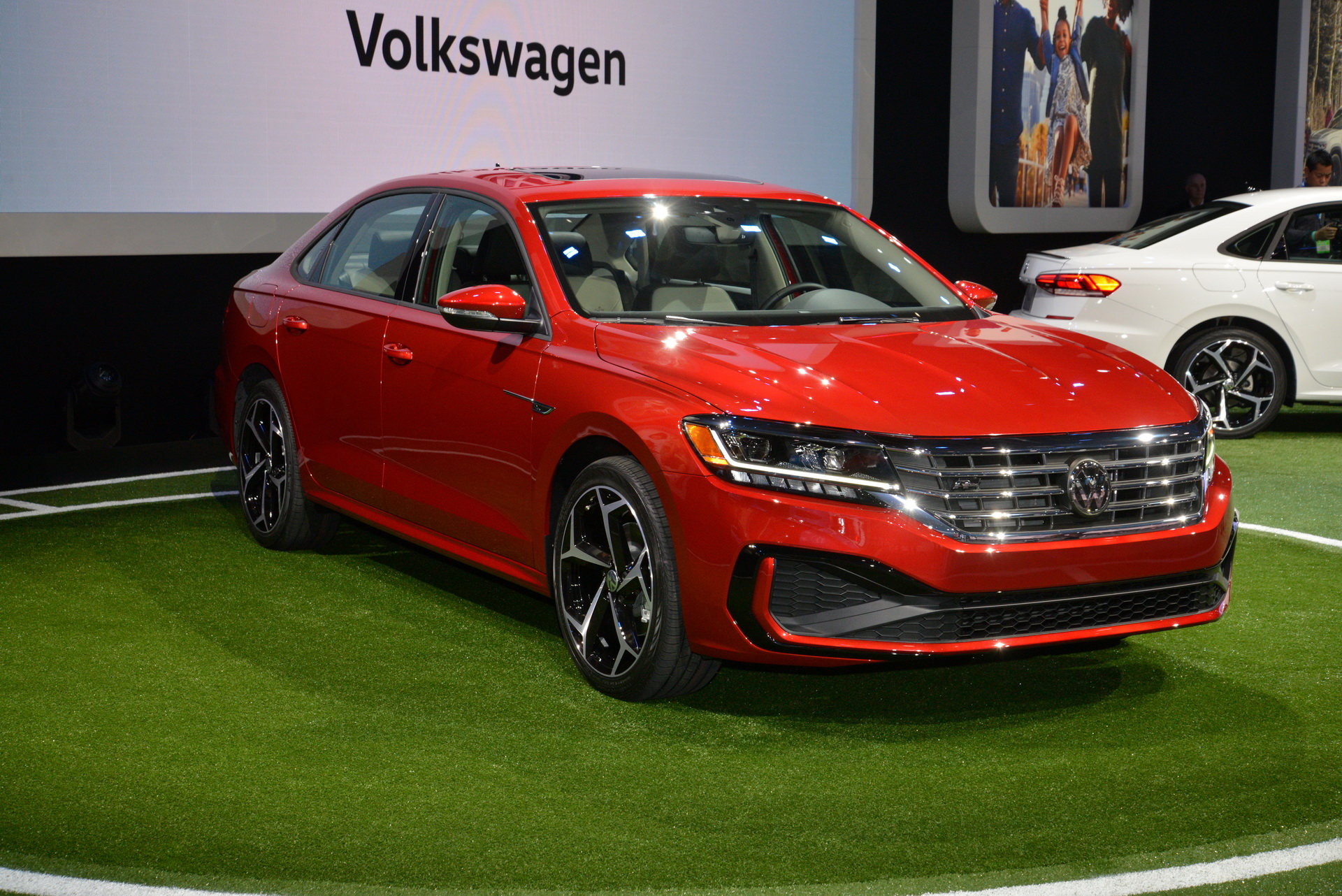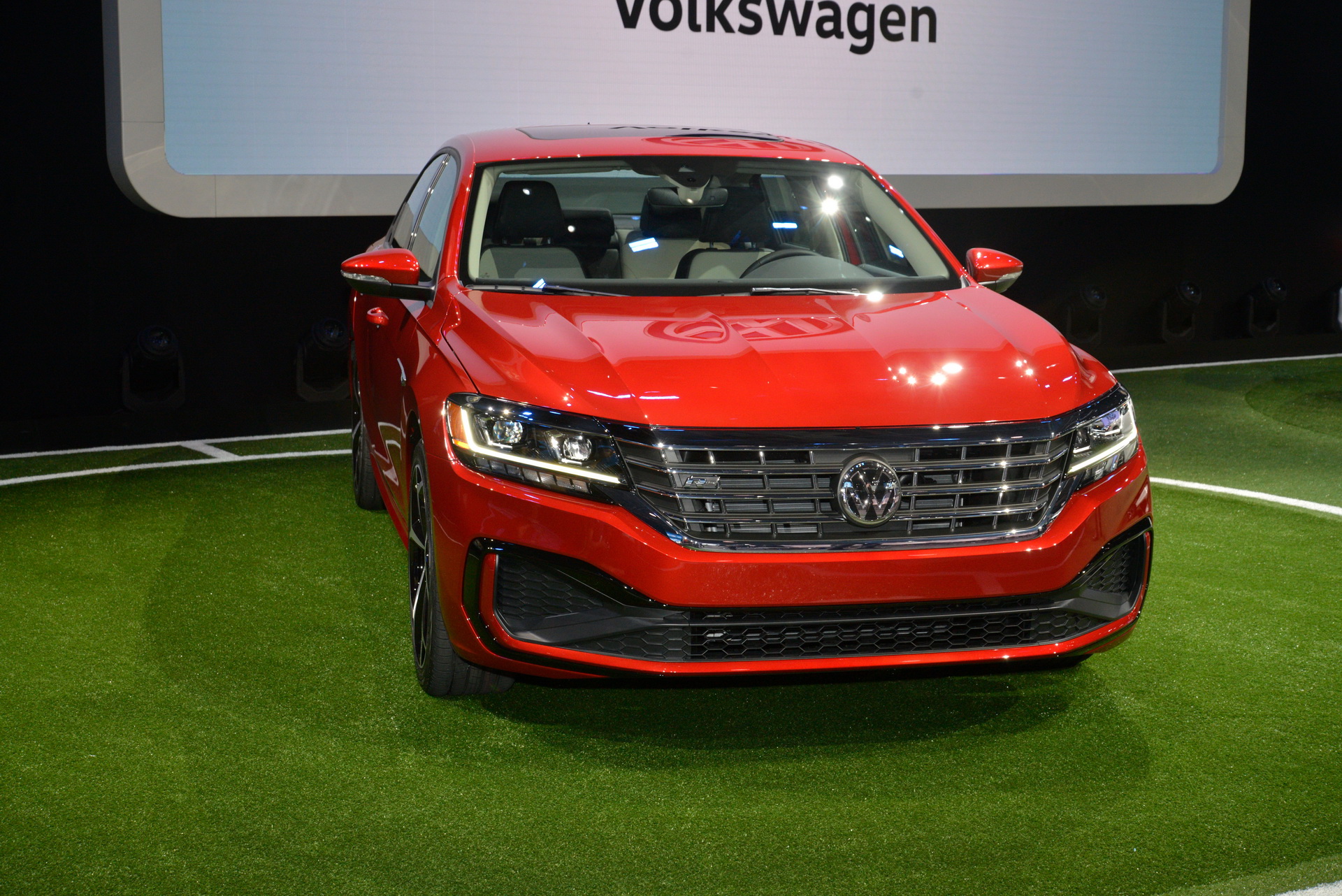Volkswagen unveiled the 2020 Passat at the North American International Auto Show yesterday and the company is standing behind its decision to update the existing model rather than create an all-new sedan.
Speaking with Roadshow, Volkswagen Group of America CEO Scott Keogh defended the decision by saying he’s “one hundred percent” positive that the customers will like the car and the model will be competitive. That remains to be seen as the 2020 Passat will have to compete with the Honda Accord, Toyota Camry and Nissan Altima which have all been completely redesigned in the past few years.
While the Passat rides on the same platform as its predecessor, which debuted eight years ago, Keogh doesn’t think customers will notice. As he explained, “Does the customer know MQB from MQB this from MQB that? No.”
Saying you’re customers are essentially clueless isn’t the best idea, but Keogh has a point as many of them will probably never know. One thing Volkswagen hopes they do notice is the revised styling and updated interior.
Of course, one of the key reasons Volkswagen decided to base the 2020 Passat on the PQ35 platform was cost. Keogh noted the sedan segment is shrinking and the company only has a “certain amount of resources” to spend on new models.
Volkswagen’s logic becomes clearer when you look at the sales chart. Passat sales peaked at 117,023 units in the United States in 2012, but they’ve fallen every year since then. Last year, the company sold only sold 41,401 Passats in America.
That’s a tiny number and one that likely makes justifying the Passat’s continued existence a bit difficult. Ford and General Motors have already announced plans to drop several of their sedans which sell in far greater numbers than the Passat. Among them are the Chevrolet Cruze (142,617 units), Chevrolet Impala (56,556 units) and Ford Fusion (173,600 units).




